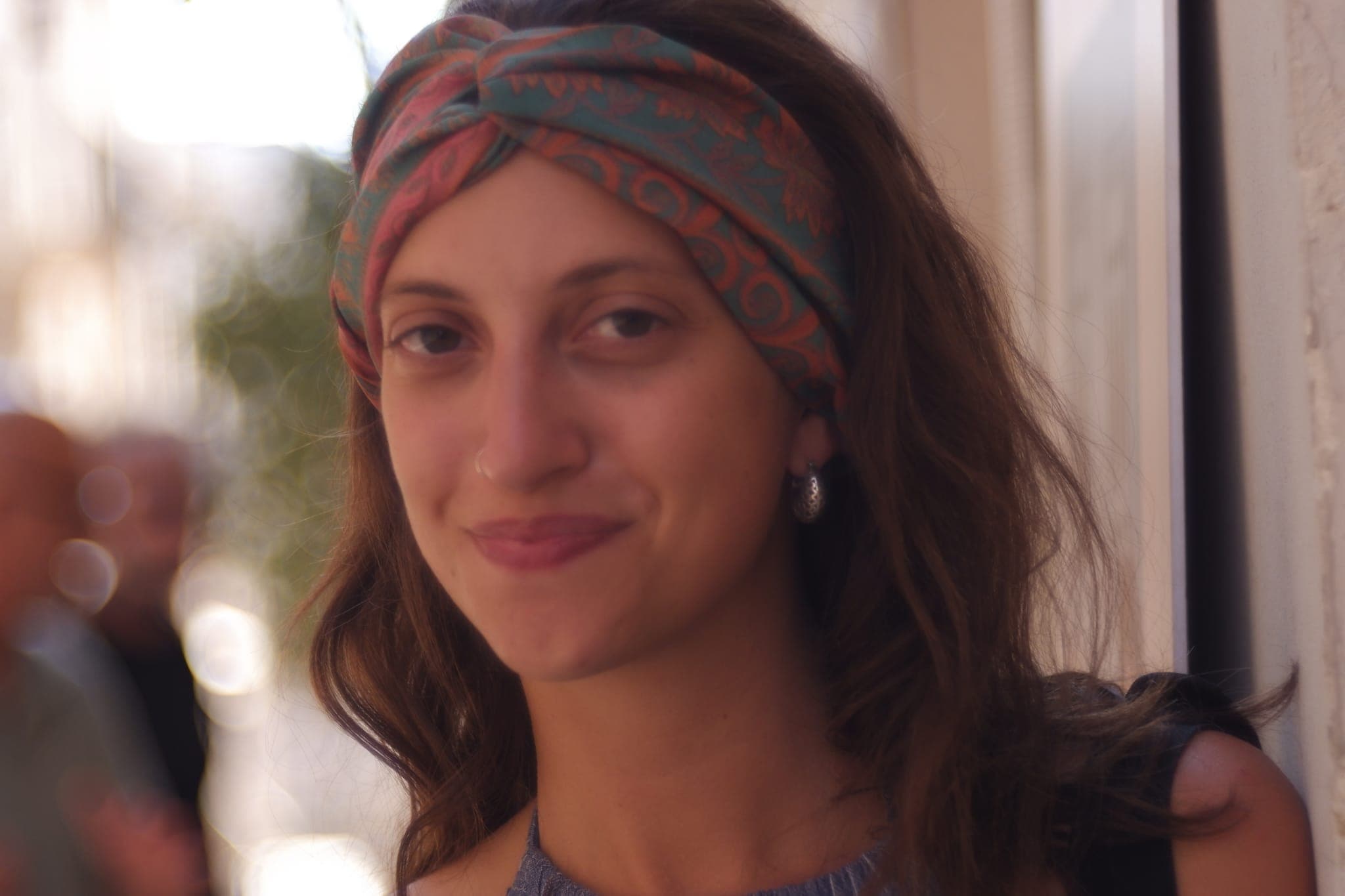Christopher Fynsk
Christopher Fynsk is an American philosopher whose academic profile includes extensive administrative experience (he has served as chair, head of school, dean and trustee) and sophisticated original research through articles, translations, and books treating topics in modern Continental philosophy and literature. He has held academic positions in North America, France, and the UK (Scotland), and has fifteen years of experience at The European Graduate School / EGS. He currently serves as President of the EGS.
Fynsk received his doctorate from the Department of Romance Studies at Johns Hopkins University in 1981, after receiving a Diplôme d’Études Approfondies in Philosophy from the University of Strasbourg. He also received an MA in English from the University of California, Irvine, in 1976, and an MA in French at Johns Hopkins University in 1979. He taught in the Philosophy Department at the University of Strasbourg from 1985 to 1987, and from 1981 to 2004 he worked as Professor of Comparative Literature and Philosophy, Co-Director of the Philosophy, Literature and the Theory of Criticism Program and Chair of the Department of Comparative Literature at State University of New York at Binghamton (1991-2004). In 2005, he moved to the University of Aberdeen as a 6th Century Chair to join the faculty of the School of Language and Literature, where he formed the Centre for Modern Thought.
Christopher Fynsk is the author of seven monographs. His first published volume, *Heidegger, Thought and Historicity* (Cornell, 1986) represented an important intervention in Heidegger studies principally by reason of its treatment of the question of *Mitsein* (“being-with”) in *Being and Time*; his work on this topic proved ground-breaking for subsequent thought on the topic of community. The book was also distinguished by its reading of Heidegger’s work on Nietzsche, and his approach to Heidegger’s writings on art and poetry. An expanded addition addressed the question of Heidegger’s politics with a postface entitled “The Legibility of the Political.” His next volume, *Language and Relation: that there is language* (Stanford, 1996) took up the question of language in Heidegger, Celan, Irigaray, Blanchot, and Benjamin. It demonstrated how the modern “linguistic turn” in many areas of the humanities and the social sciences actually turned short of the question of language when posed in its full existential and ontological dimensions. The approach to Heidegger’s *On the Way to Language* in three lengthy chapters opened up the topic of “usage” in Heidegger’s later thought, and the essays on Benjamin demonstrated the profound continuity and exceptional speculative force of his thinking on language. Other monographs include *Infant Figures: The Death of the Infans and Other Scenes of Origin* (Stanford, 2000) on human finitude, *The Claim of Language: A Case for the Humanities* (Minnesota, 2004), *Last Steps: Maurice Blanchot’s Exilic Writing* (Stanford, 2013).
His most current work, *Heidegger’s Turn to Art*, Fynsk returns to Heidegger and Hölderlin with a meditation on “the rhythmic figure.” This series of essays is based on a decade of teaching at the European Graduate School and will be followed by a book on those individuals he is first to name as his own teachers: Jacques Derrida, Jean-François Lyotard, and Maurice Blanchot.
Other Guests of the Table

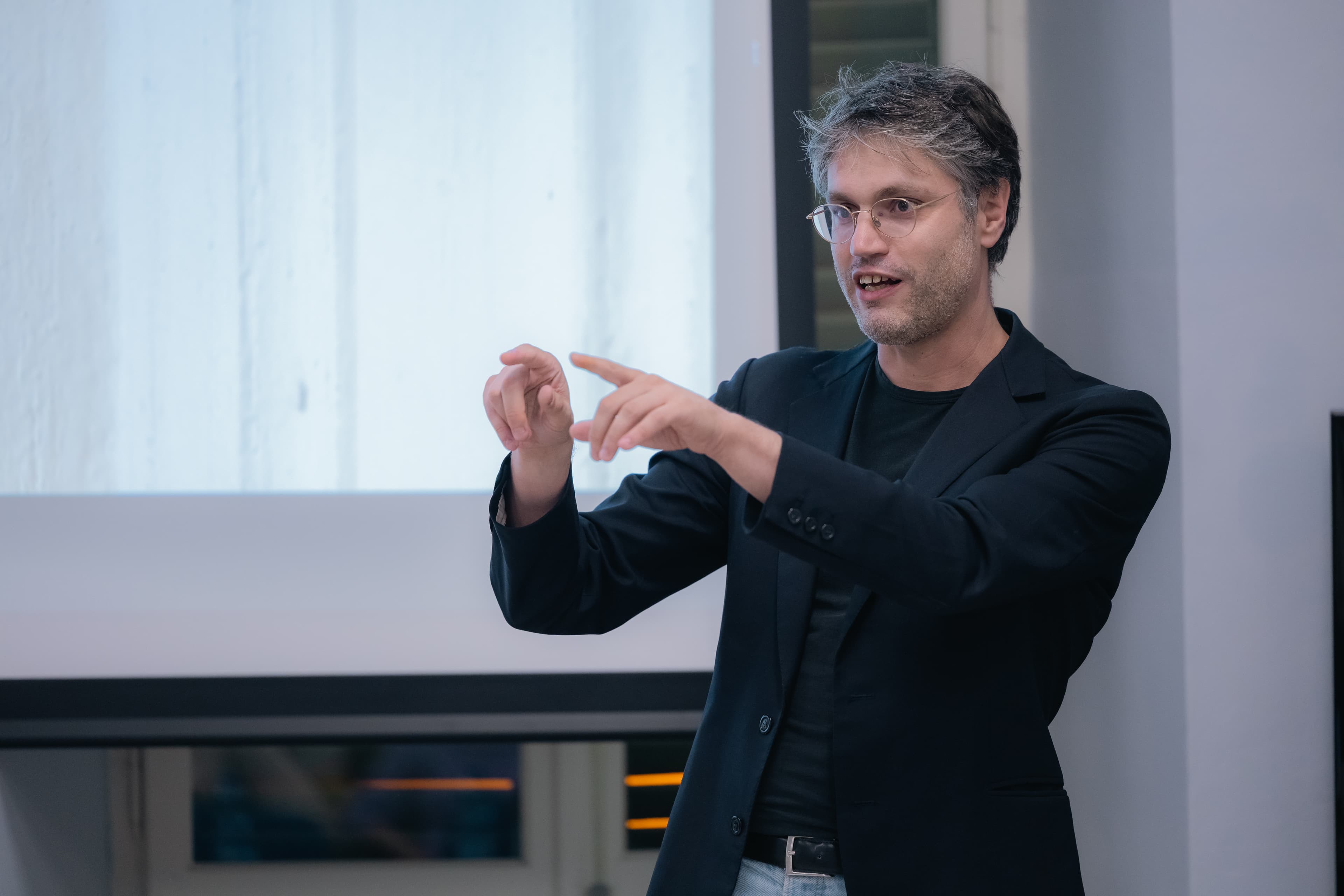
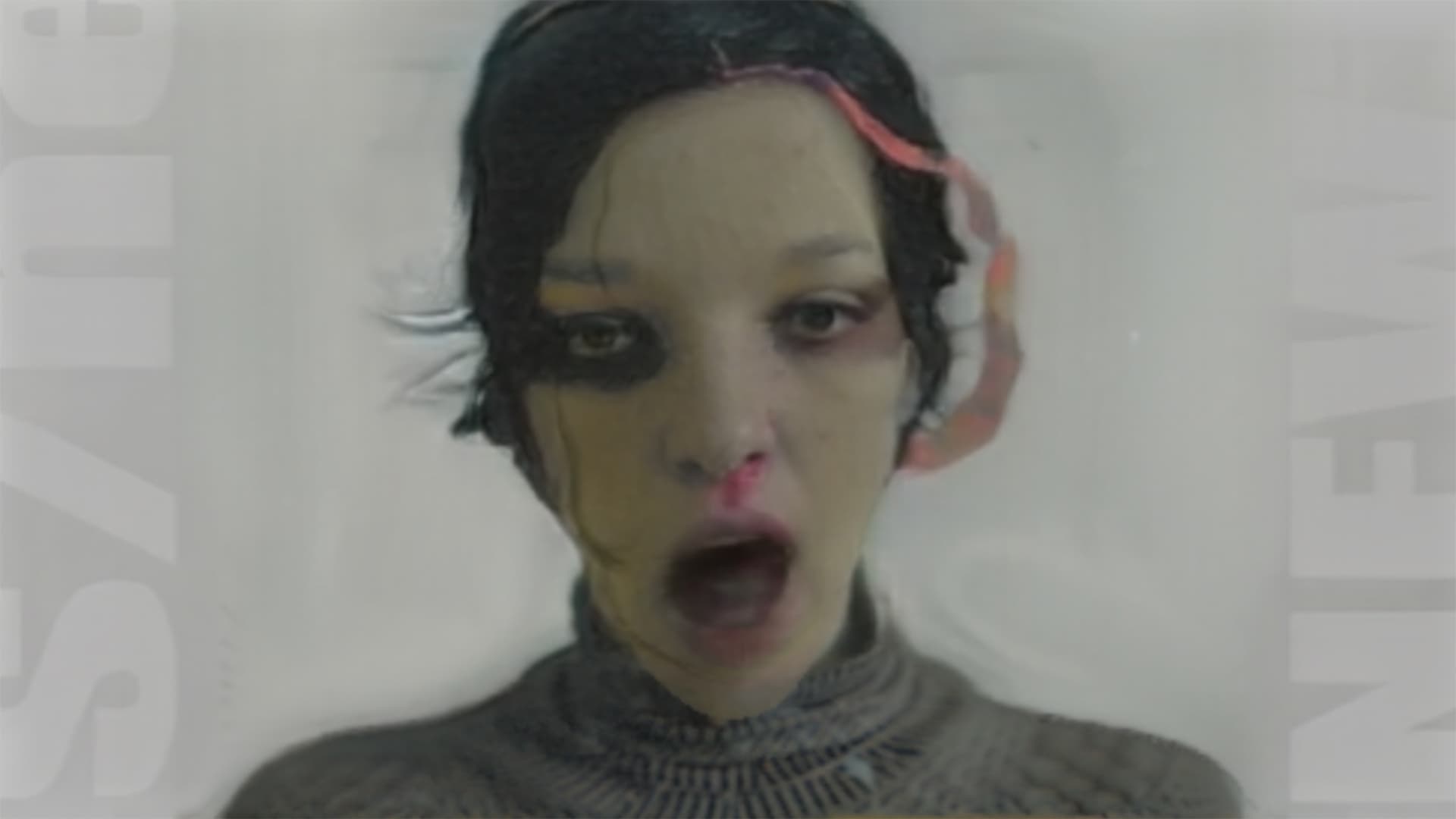
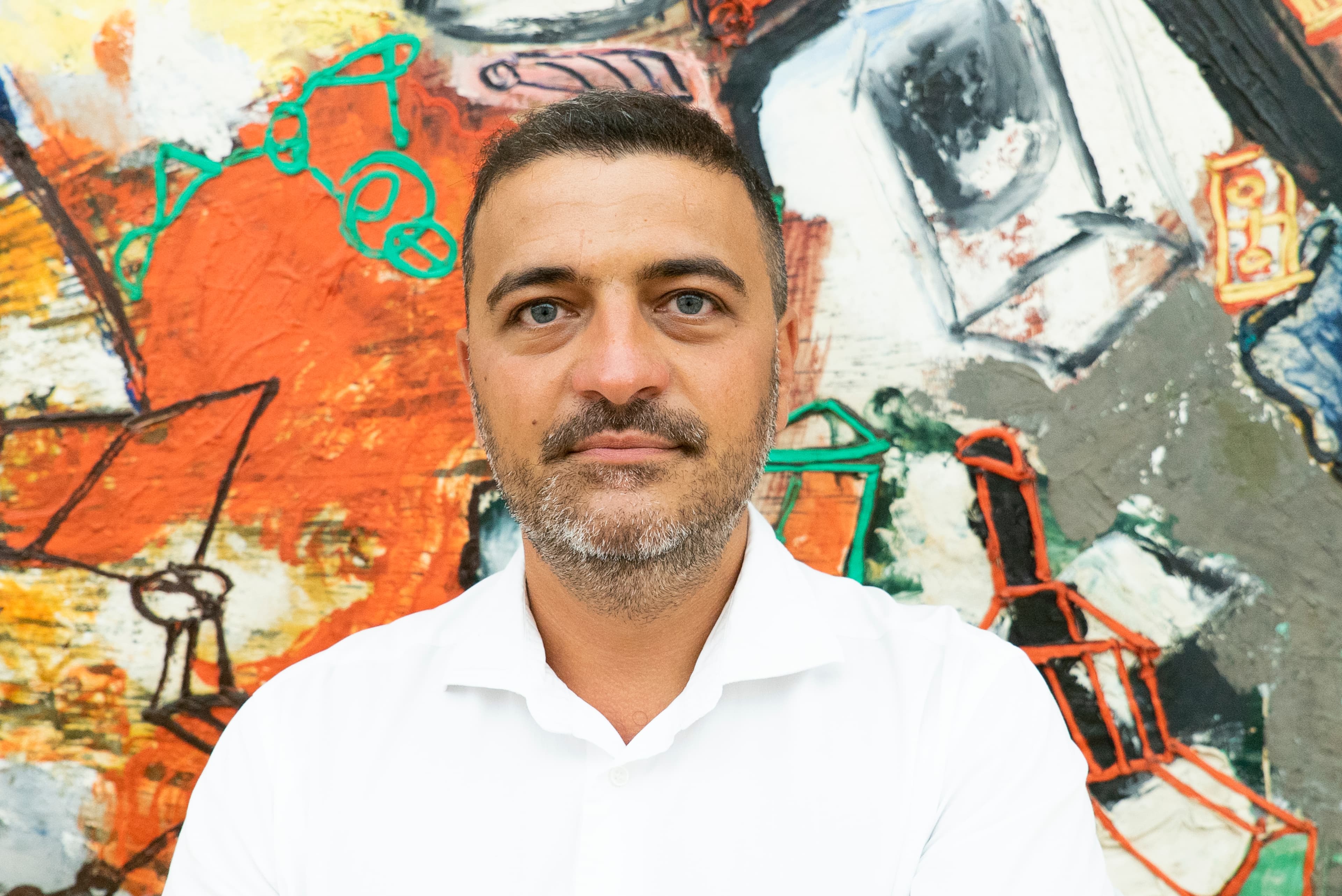
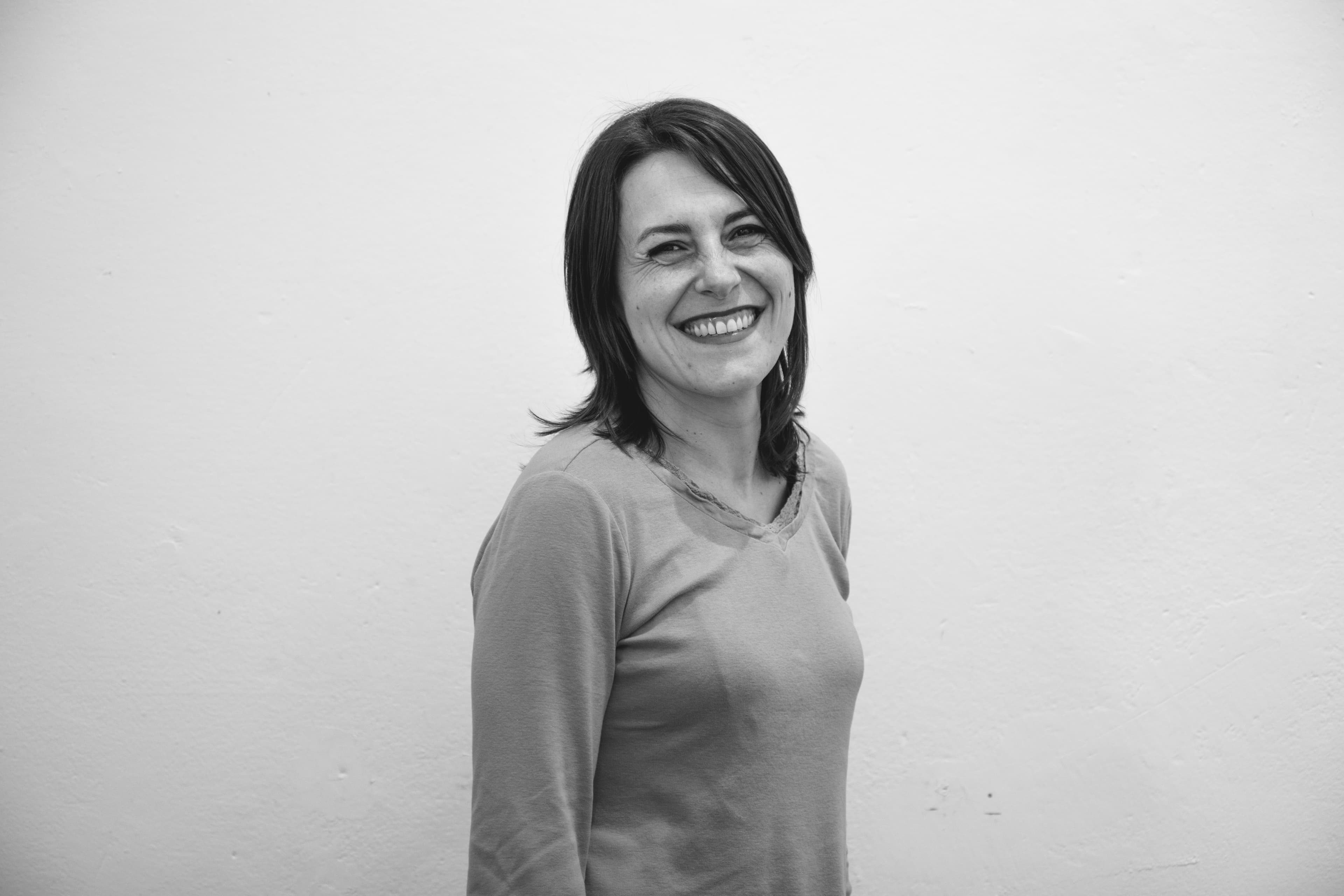
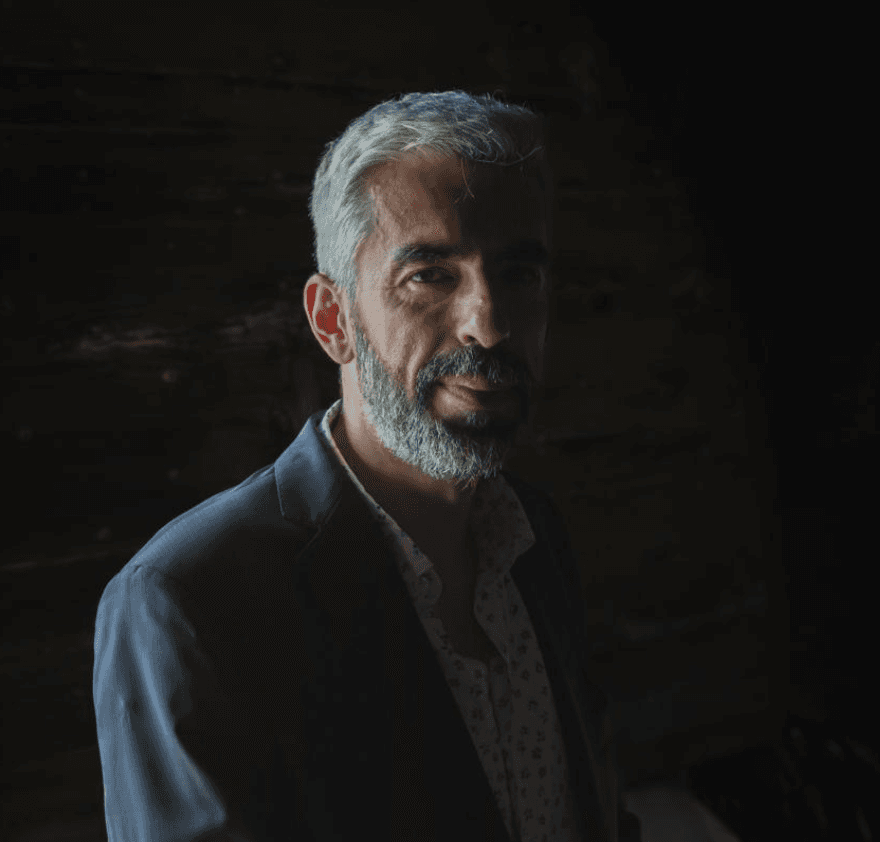
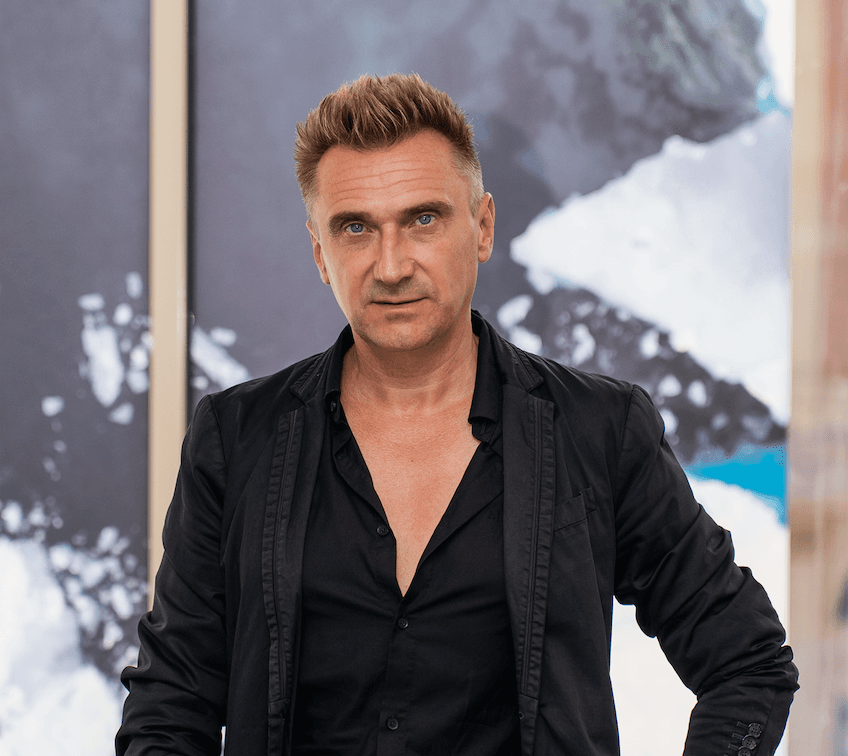

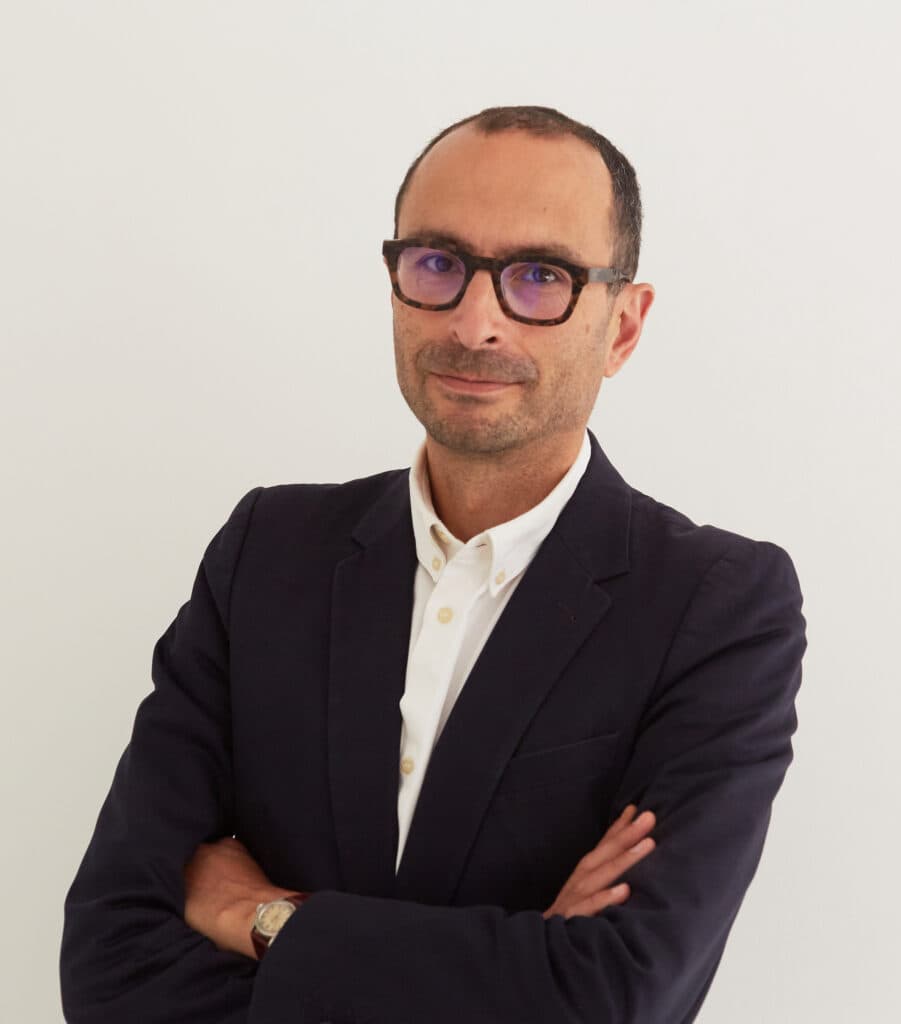
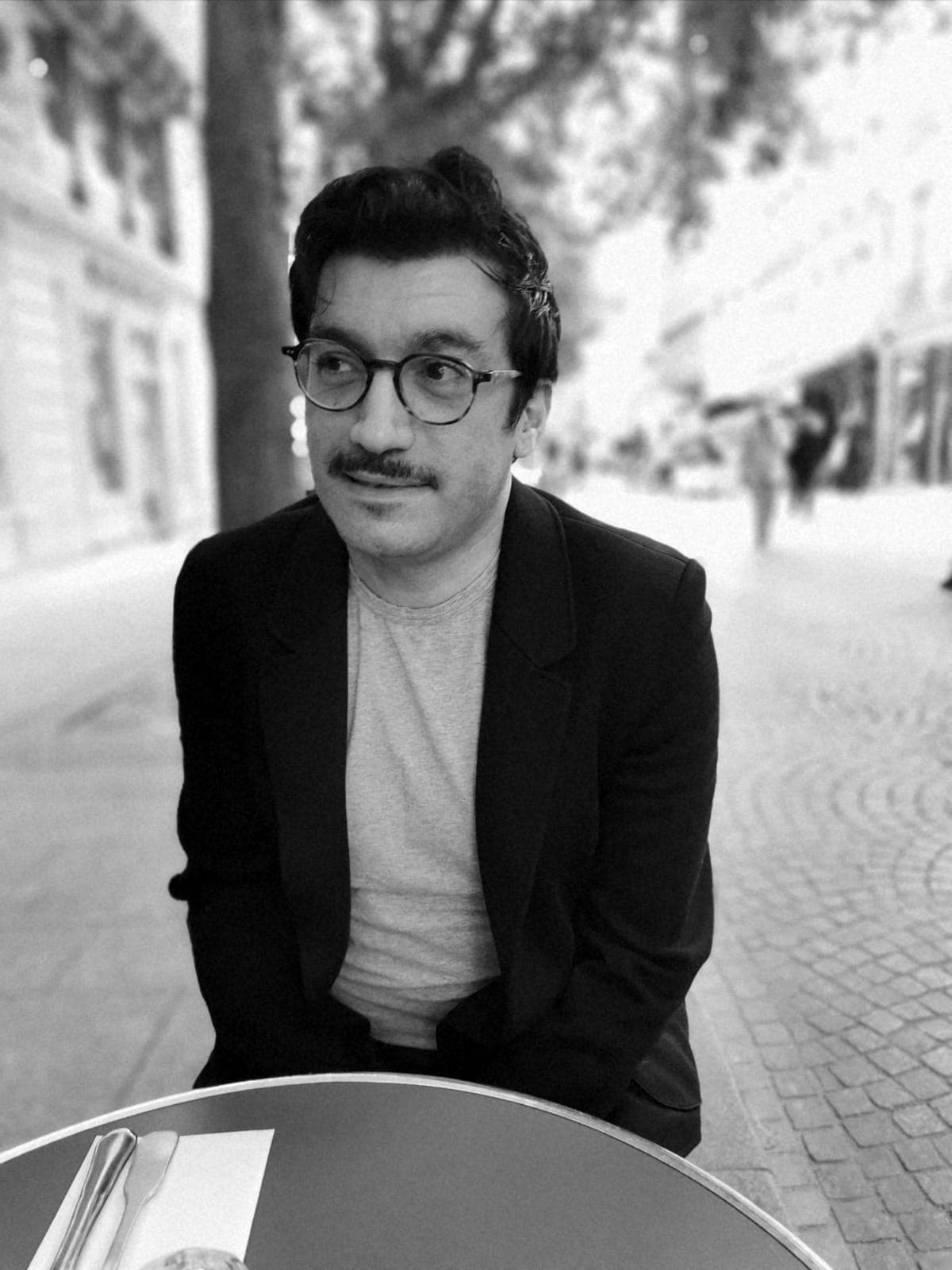

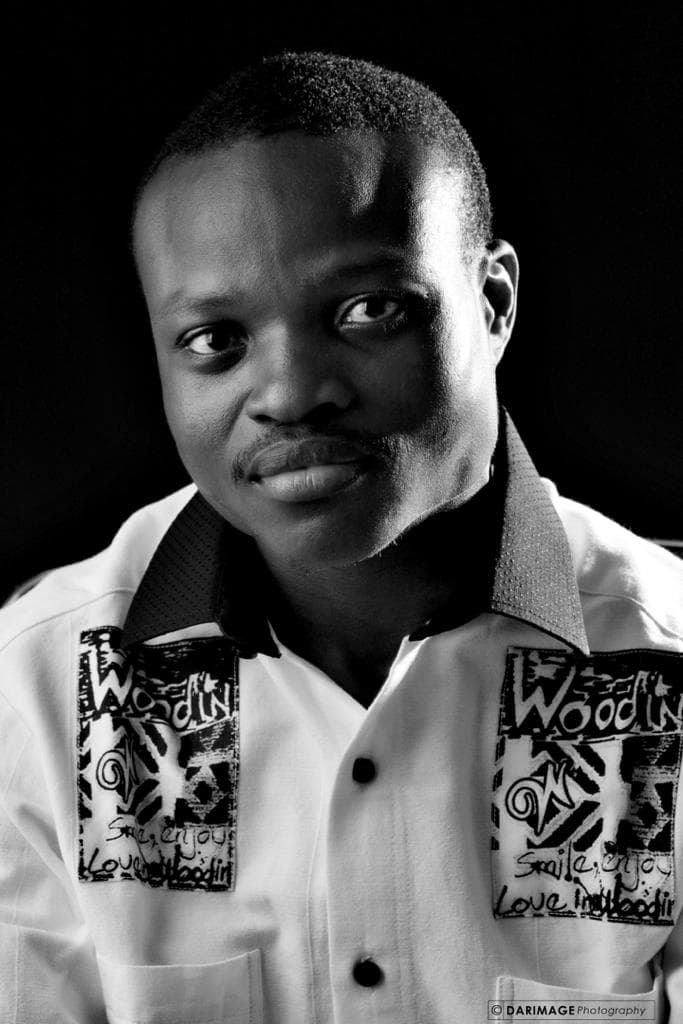
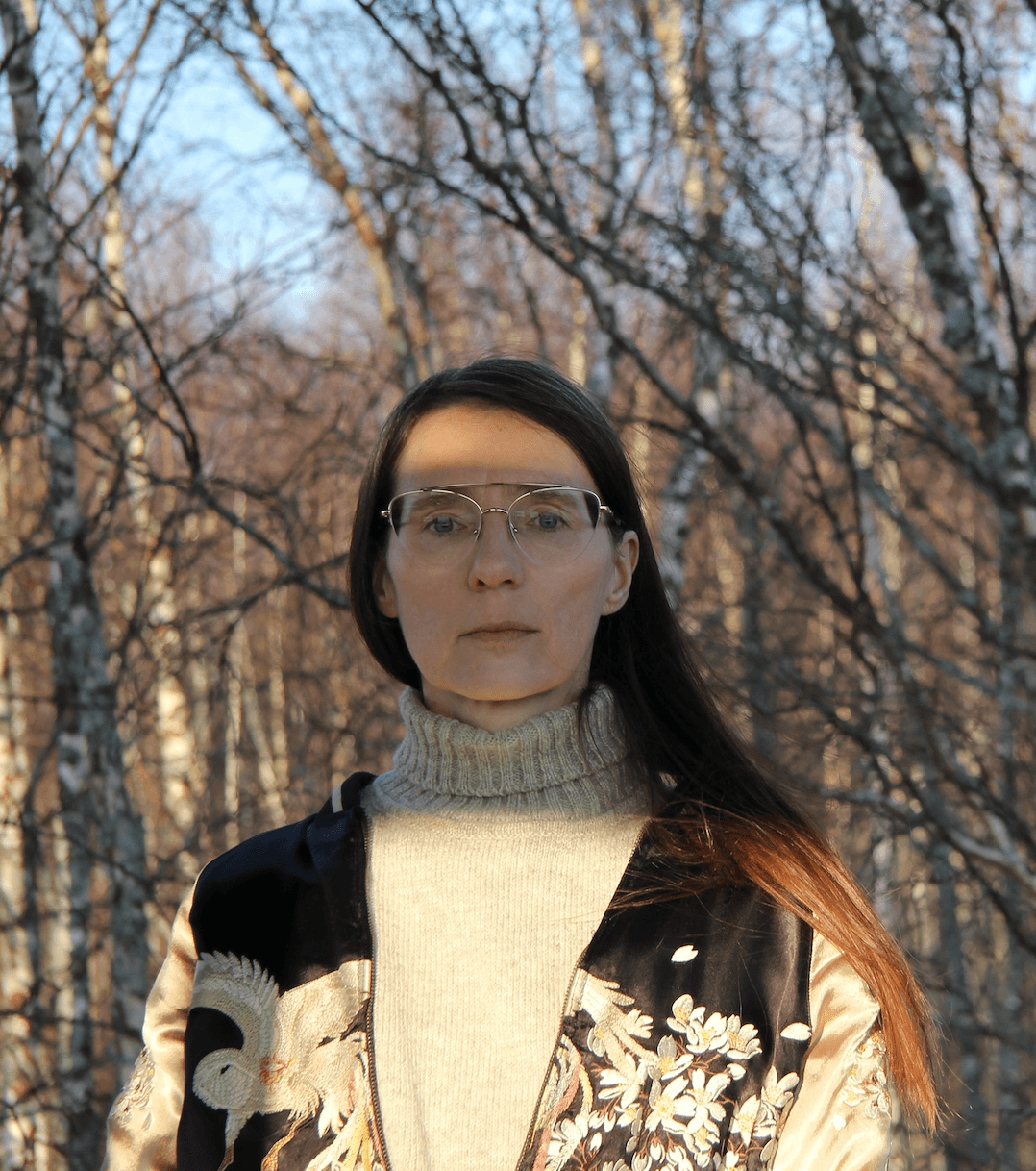
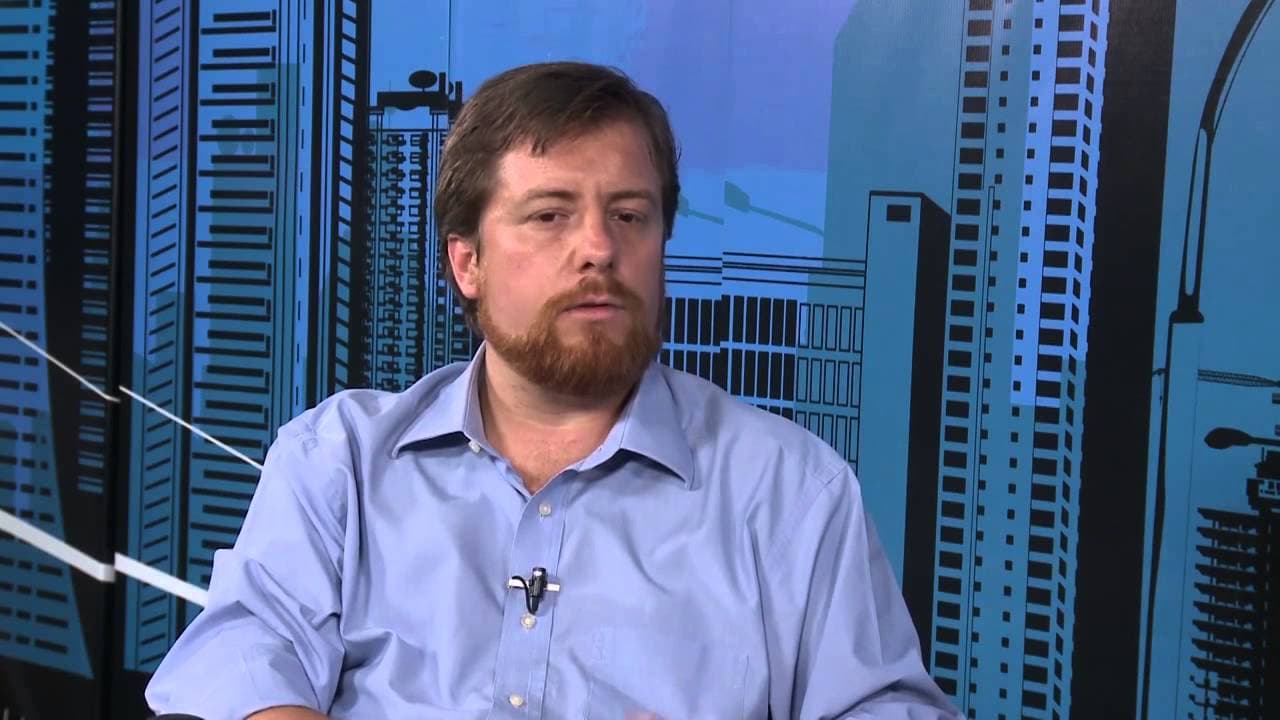
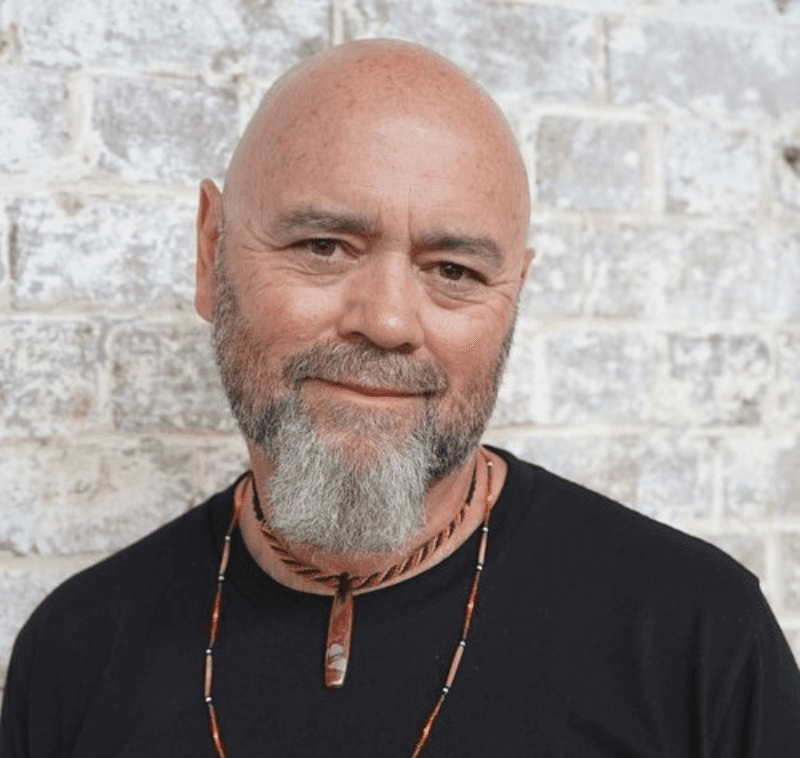
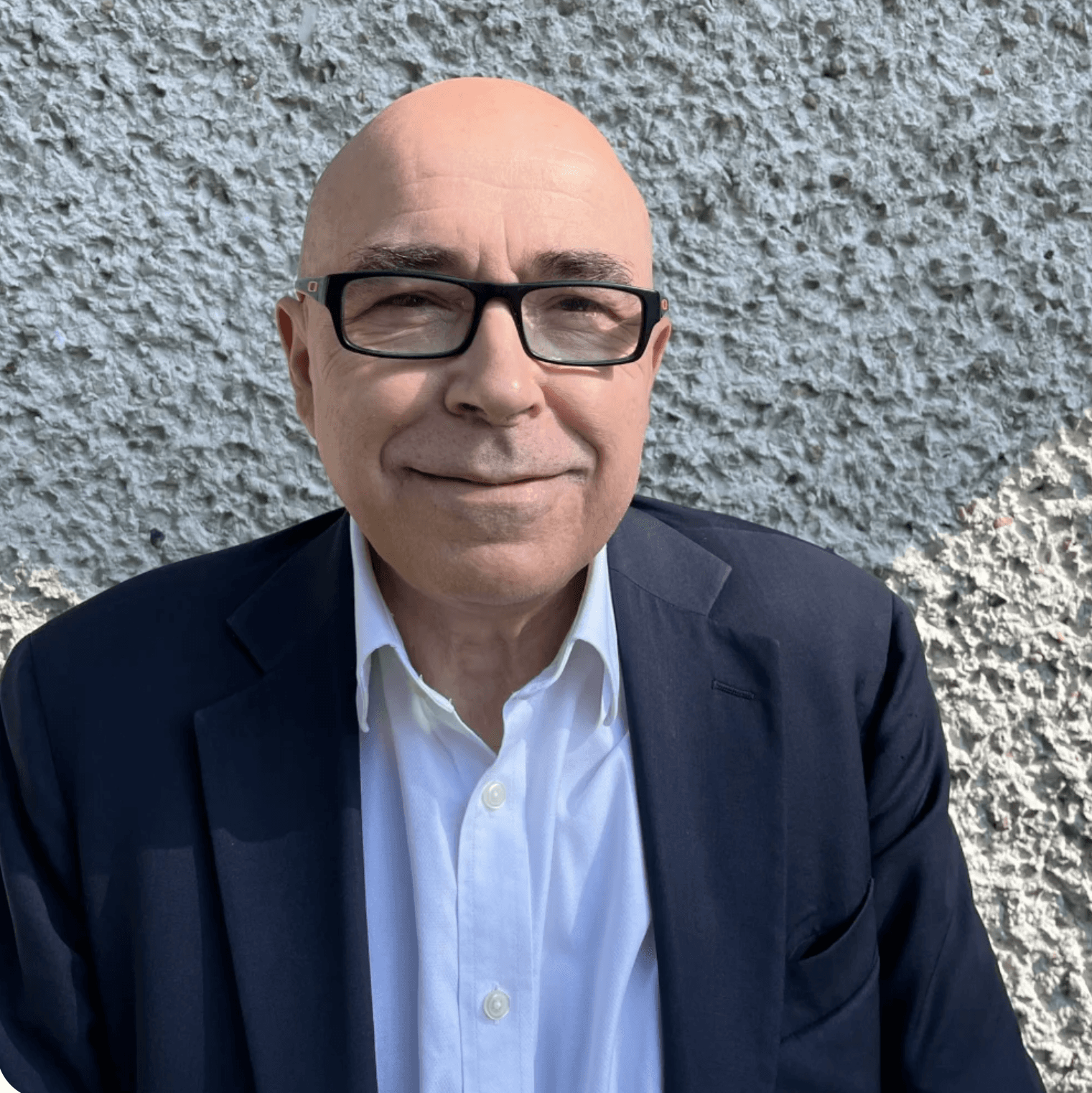
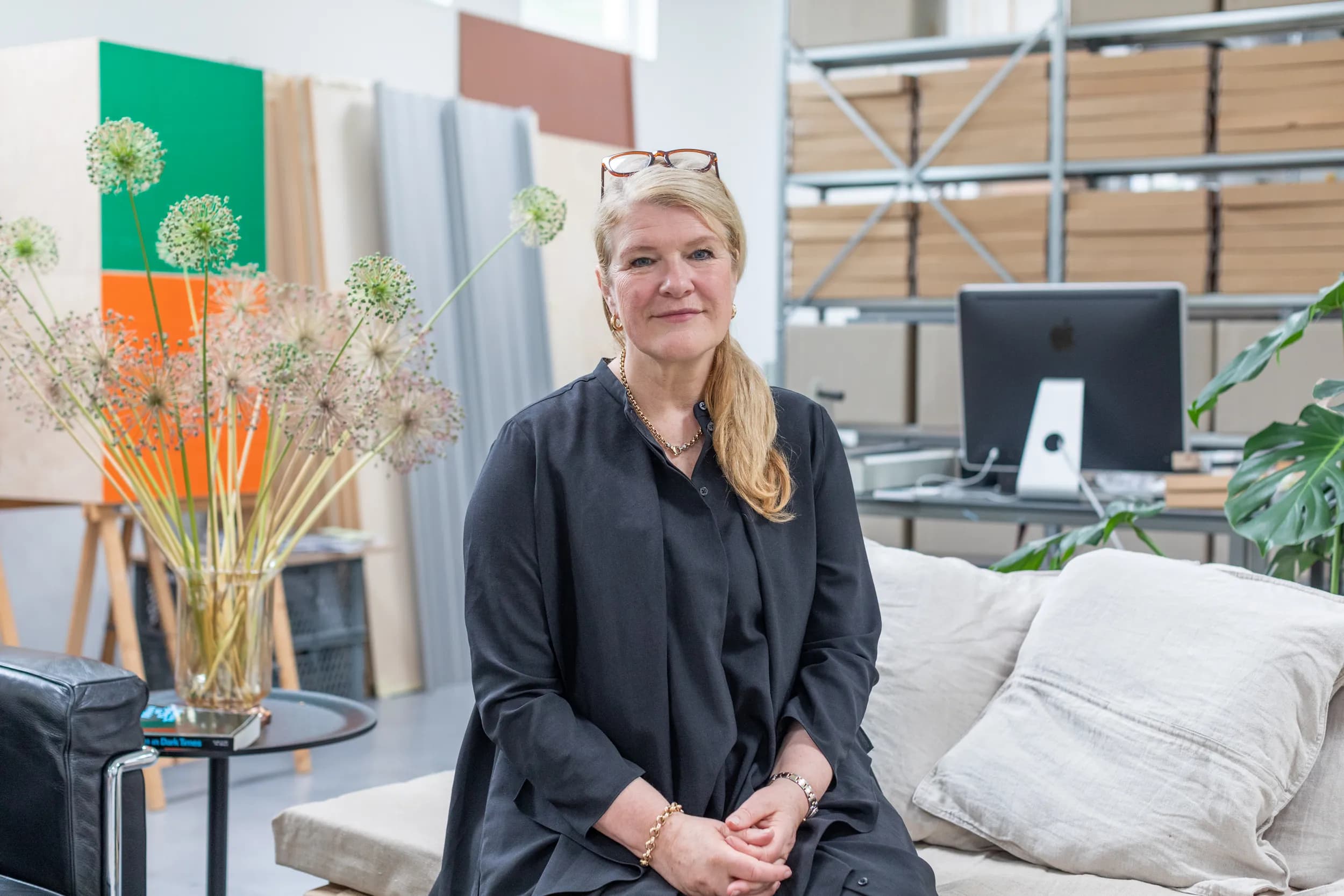
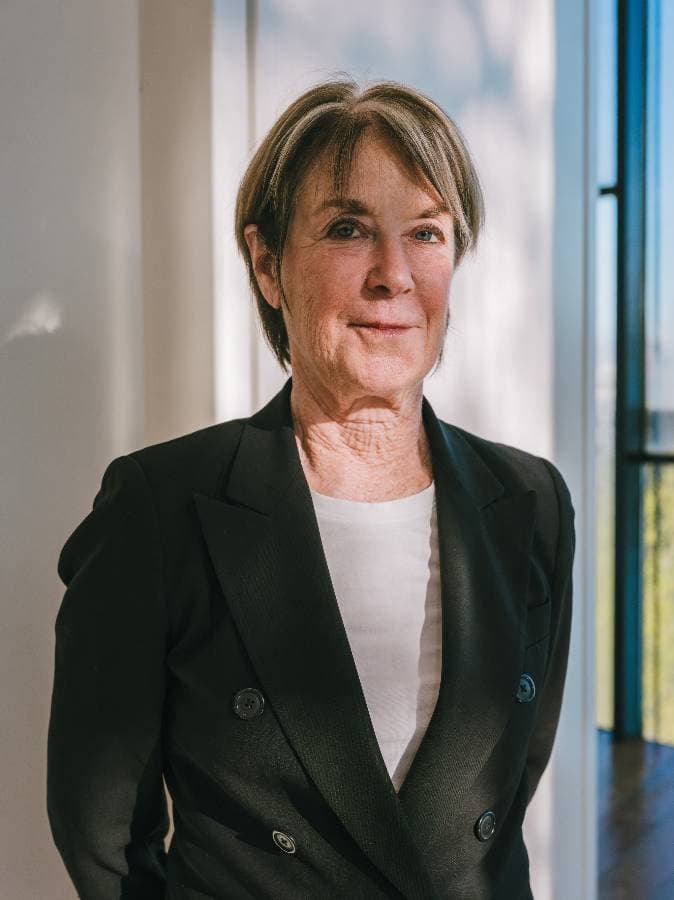
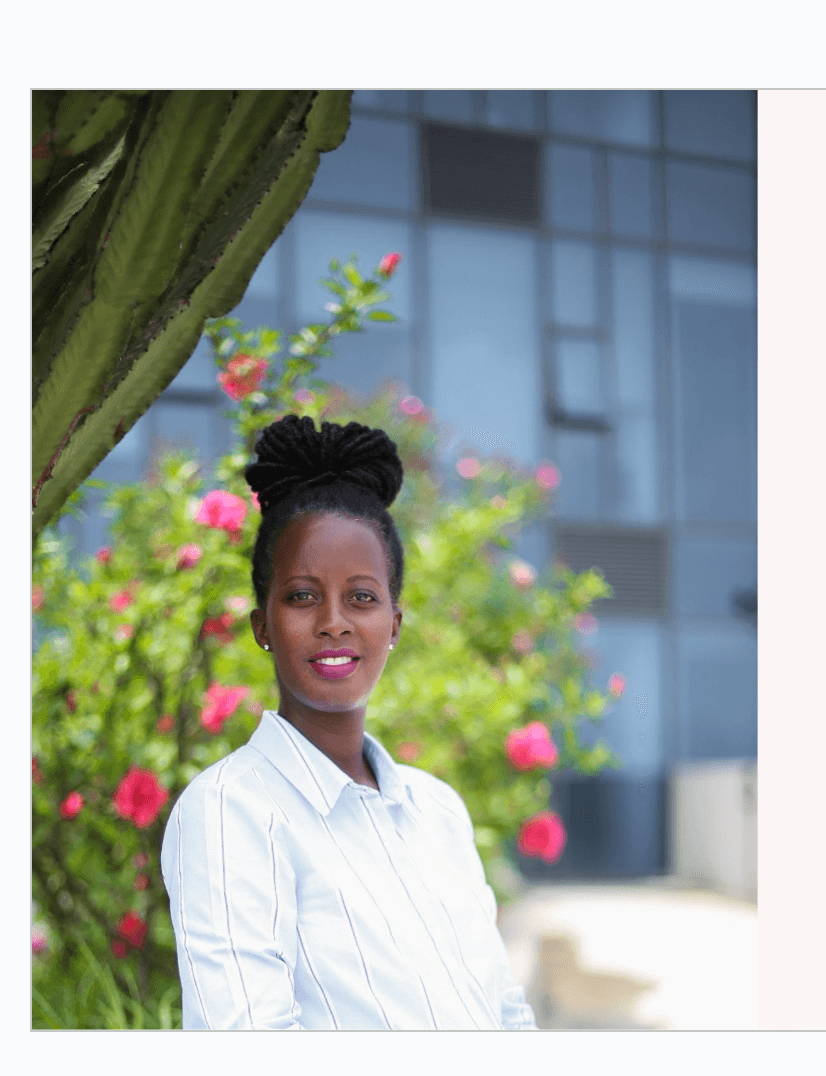


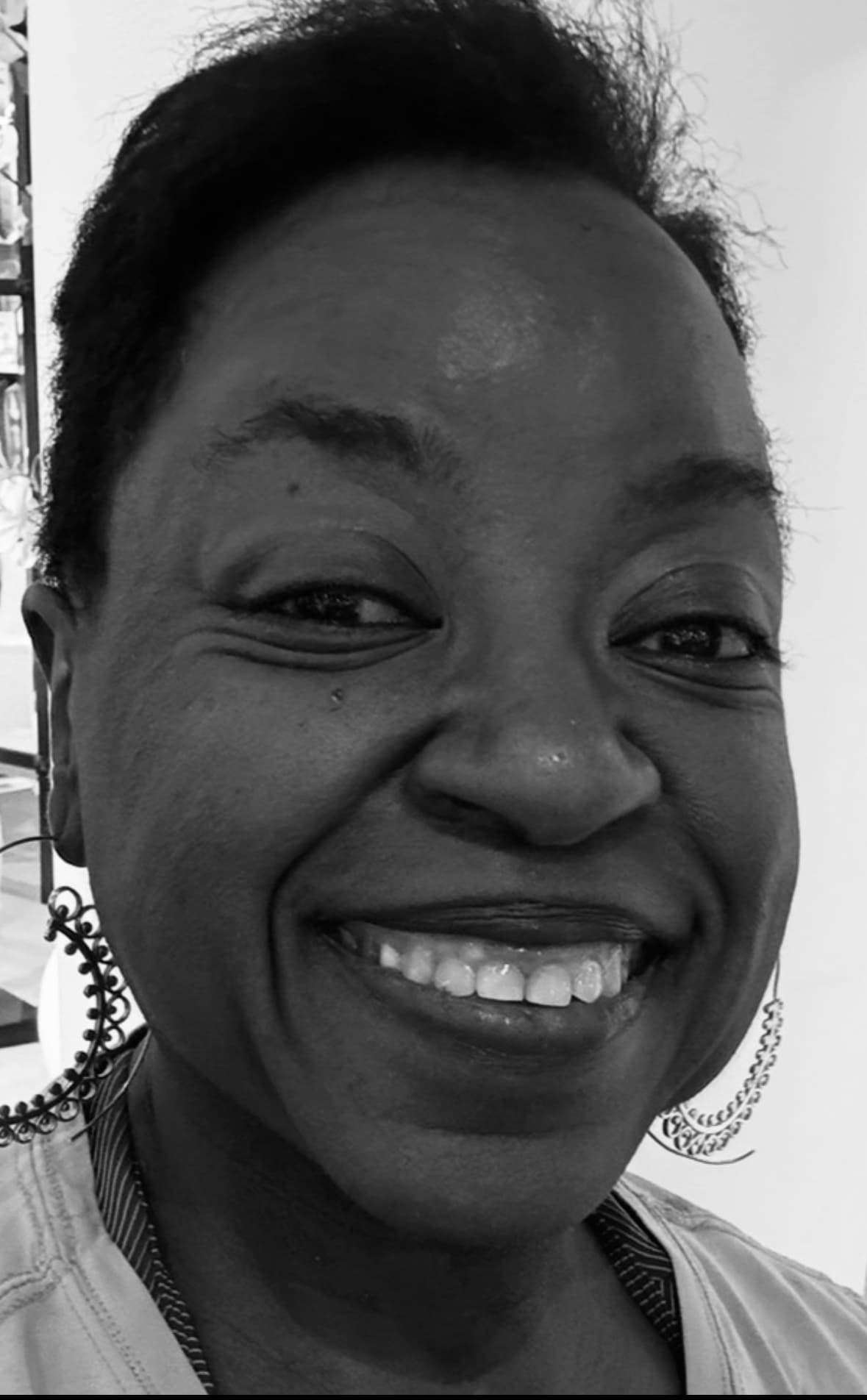
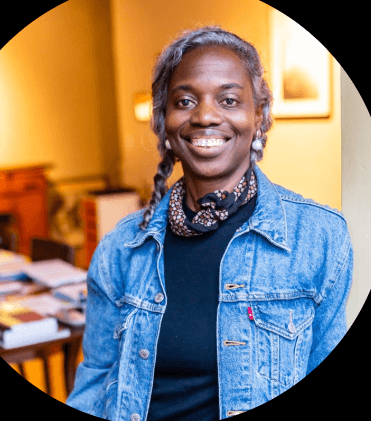
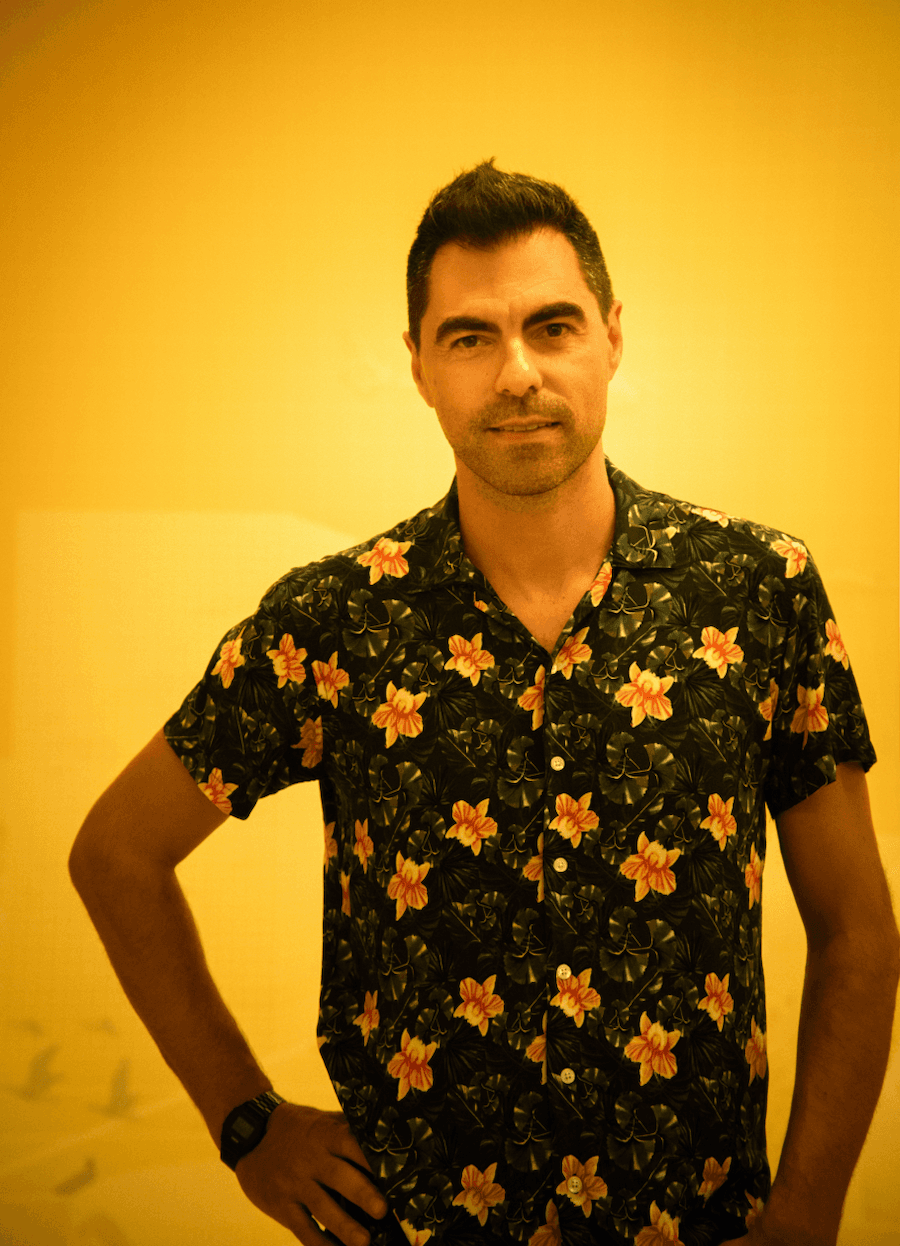

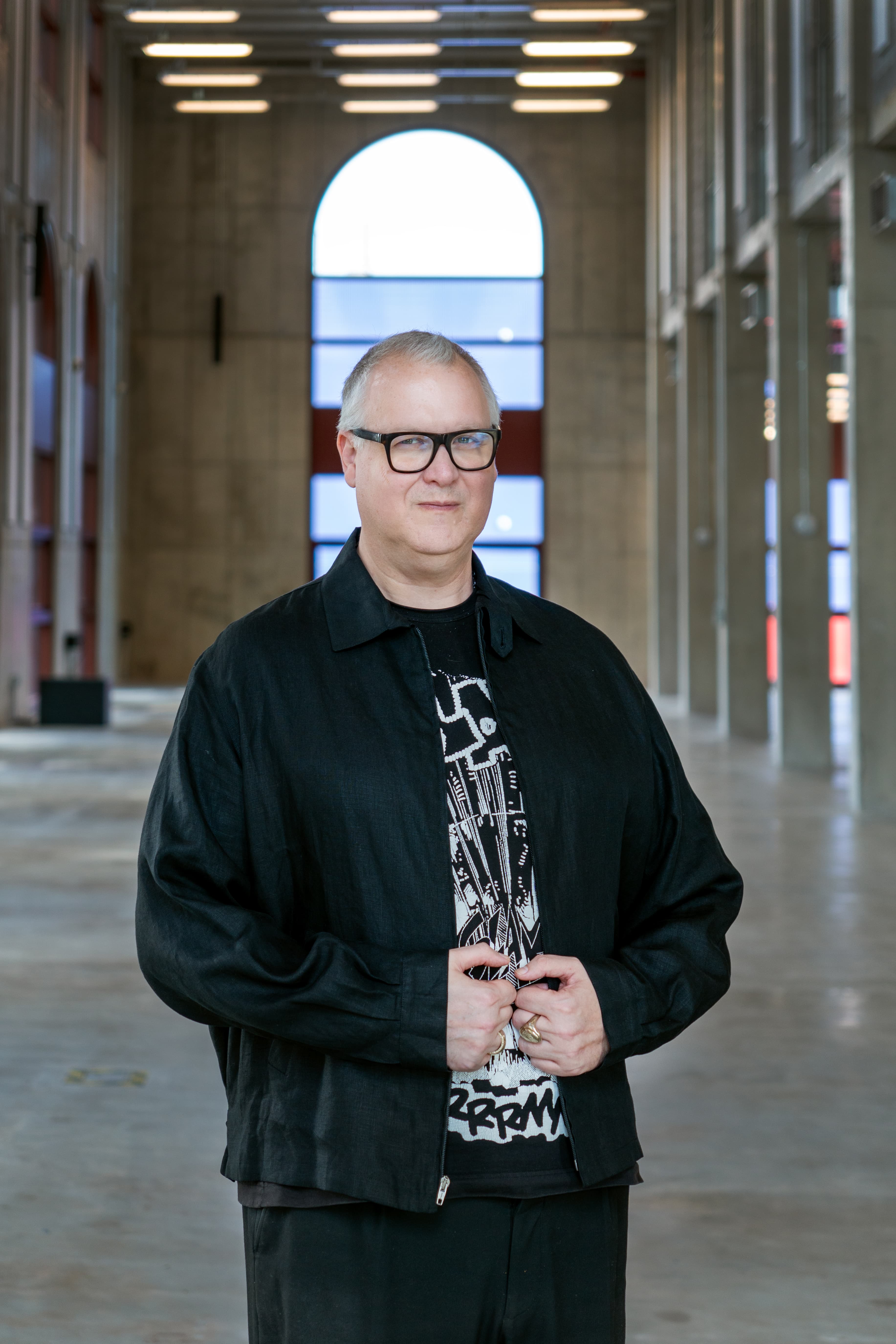

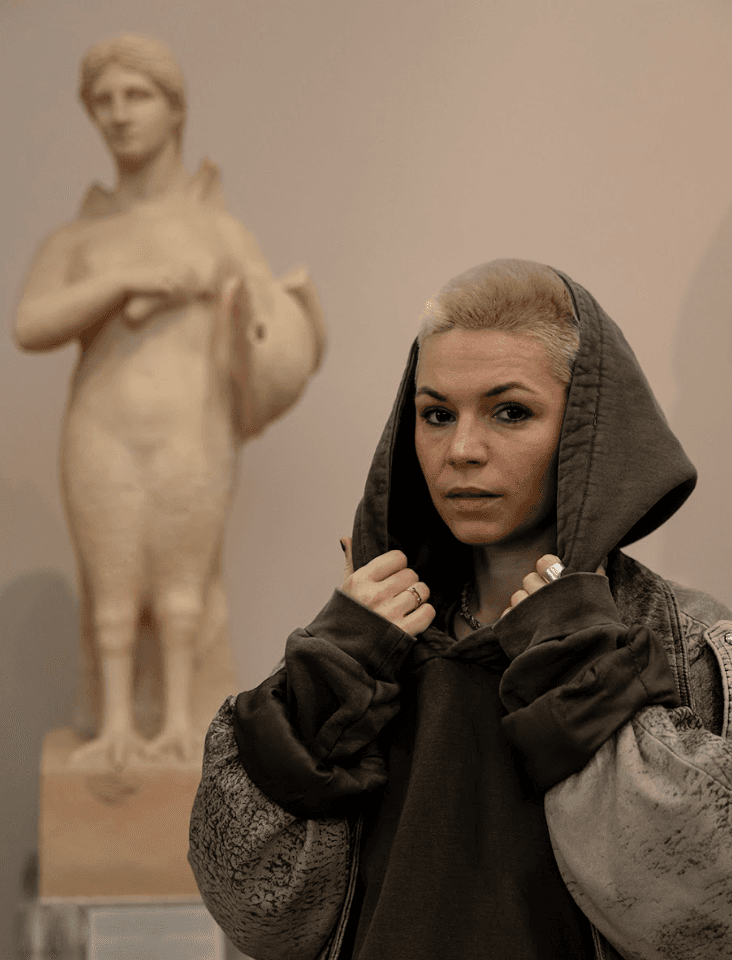
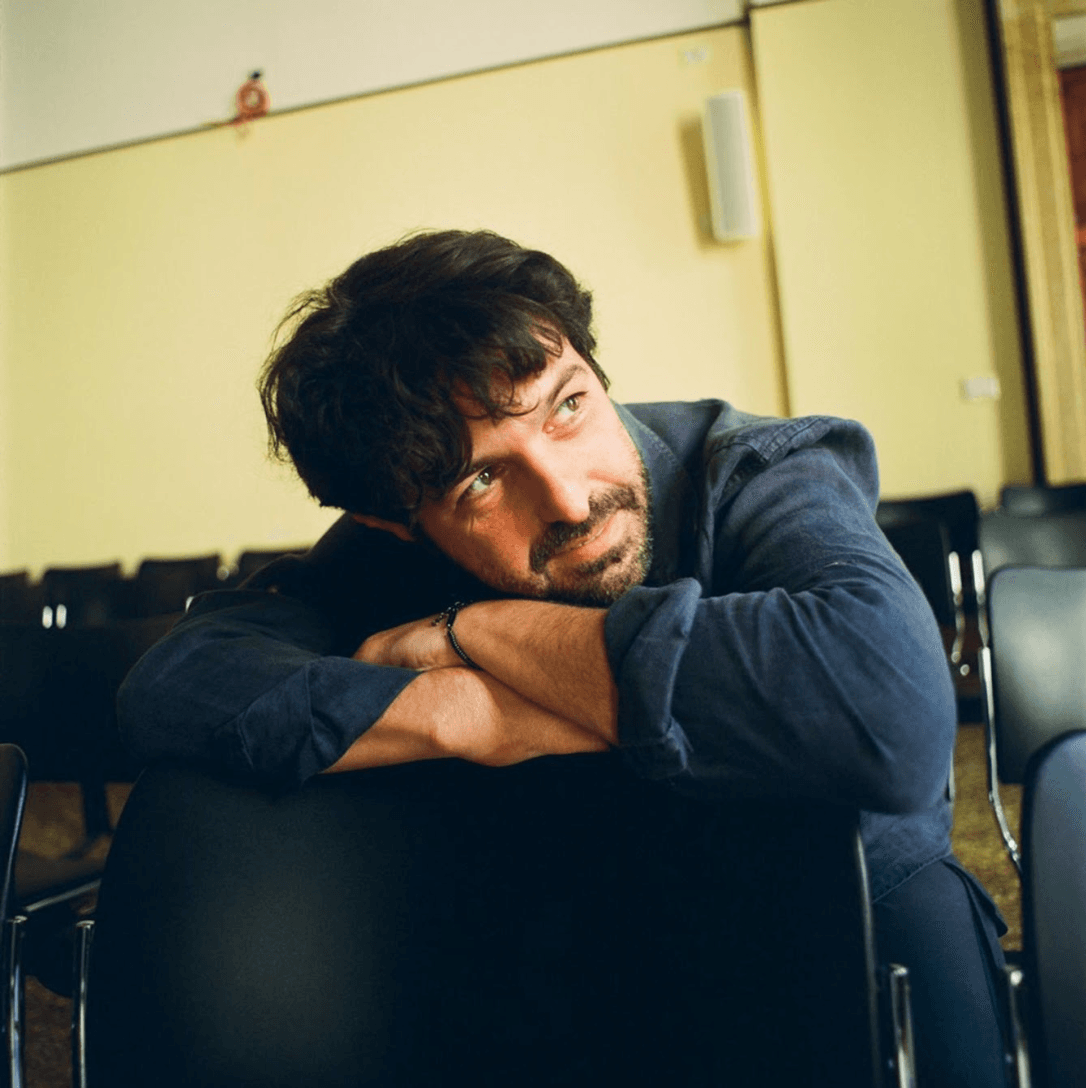

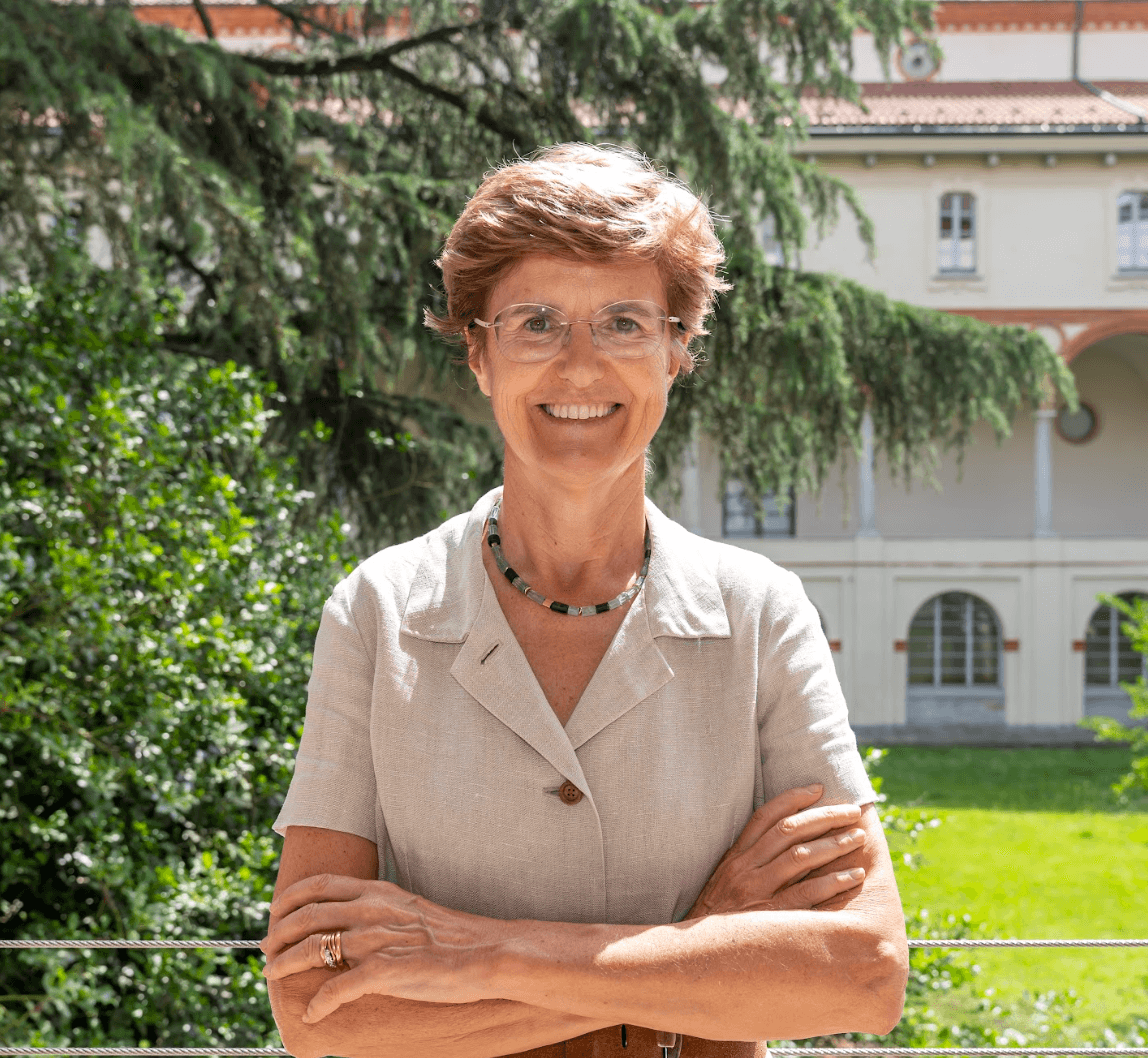

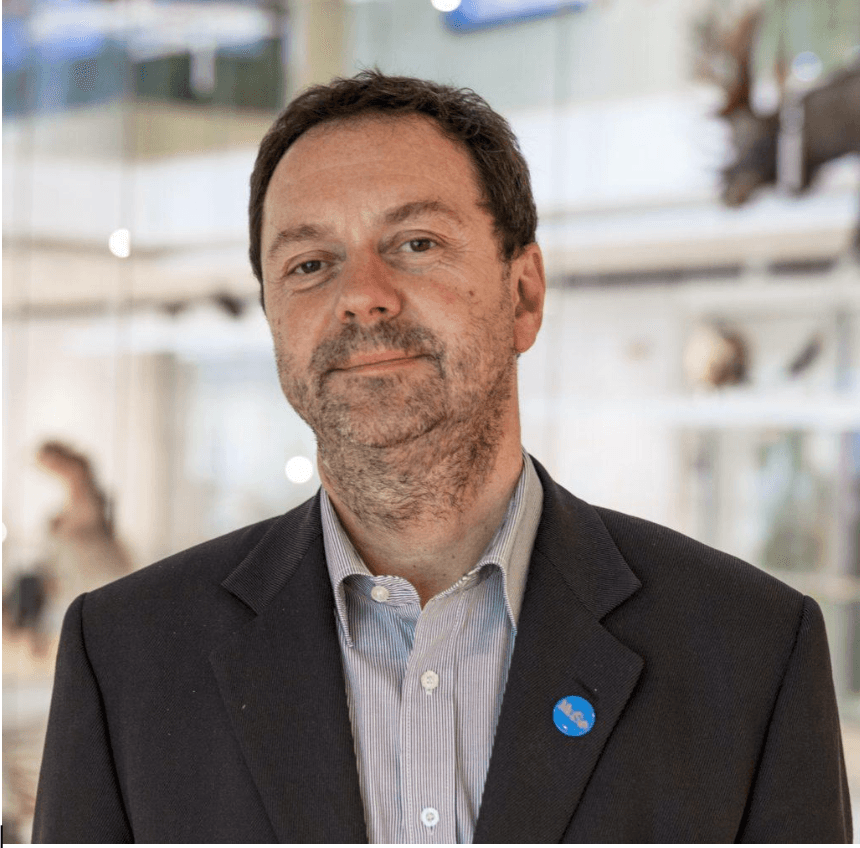


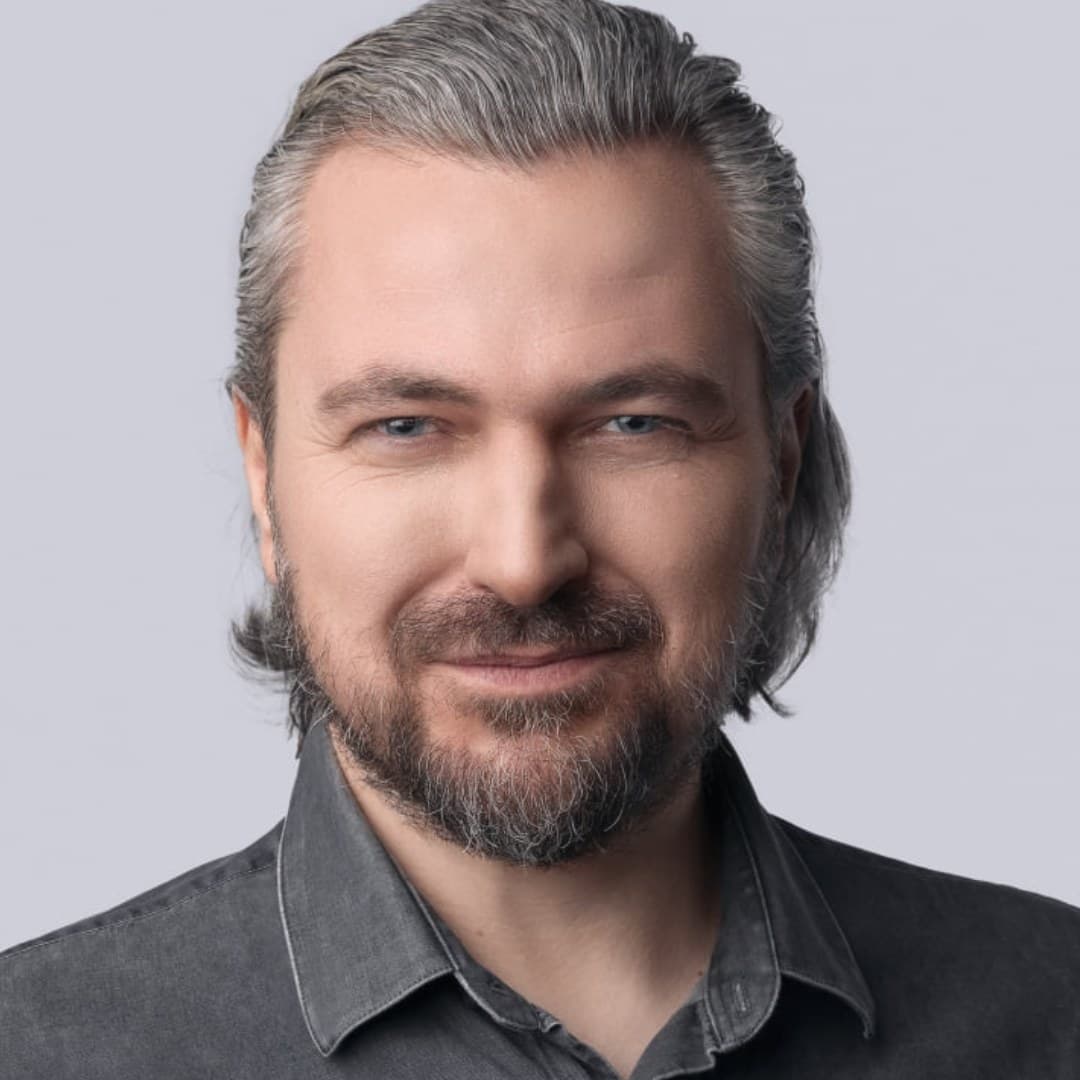
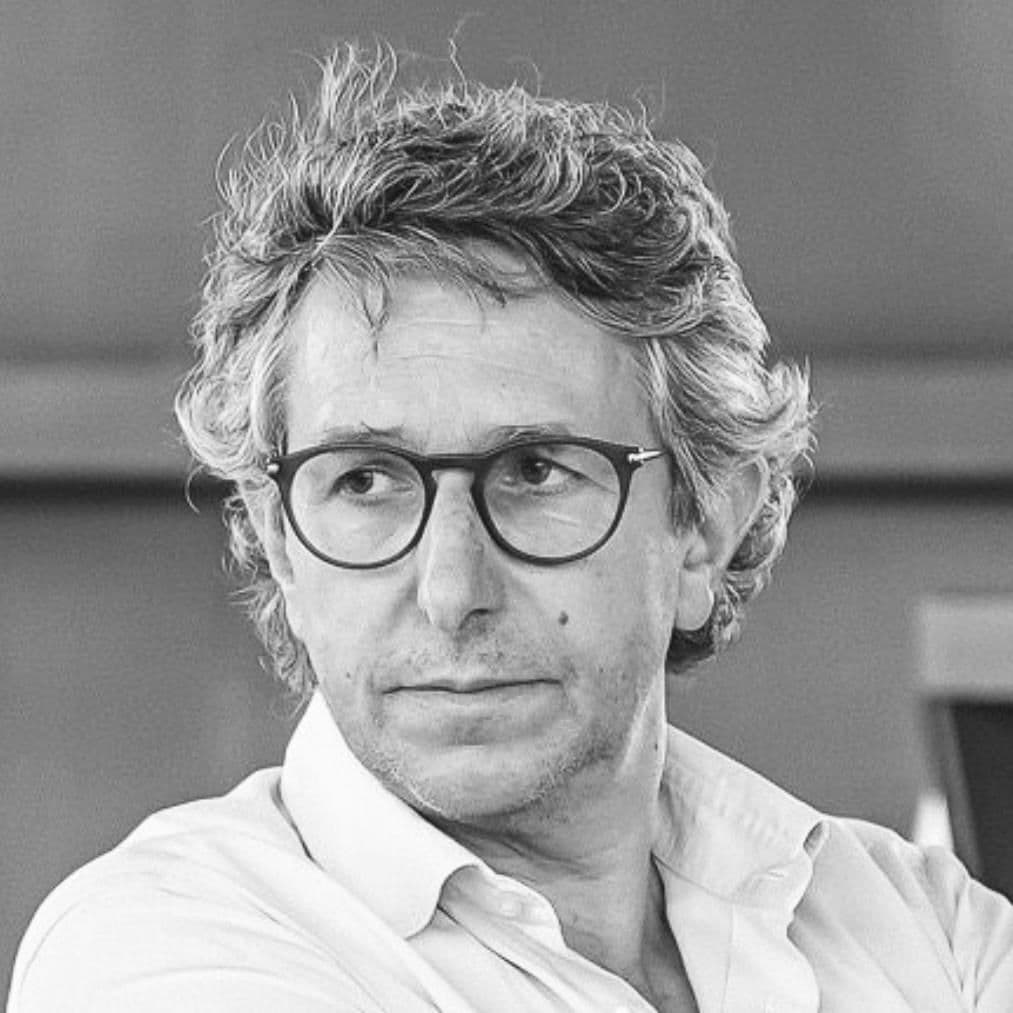




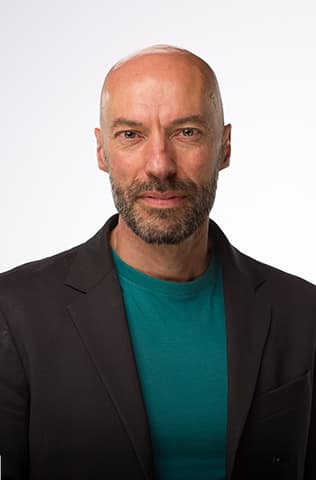


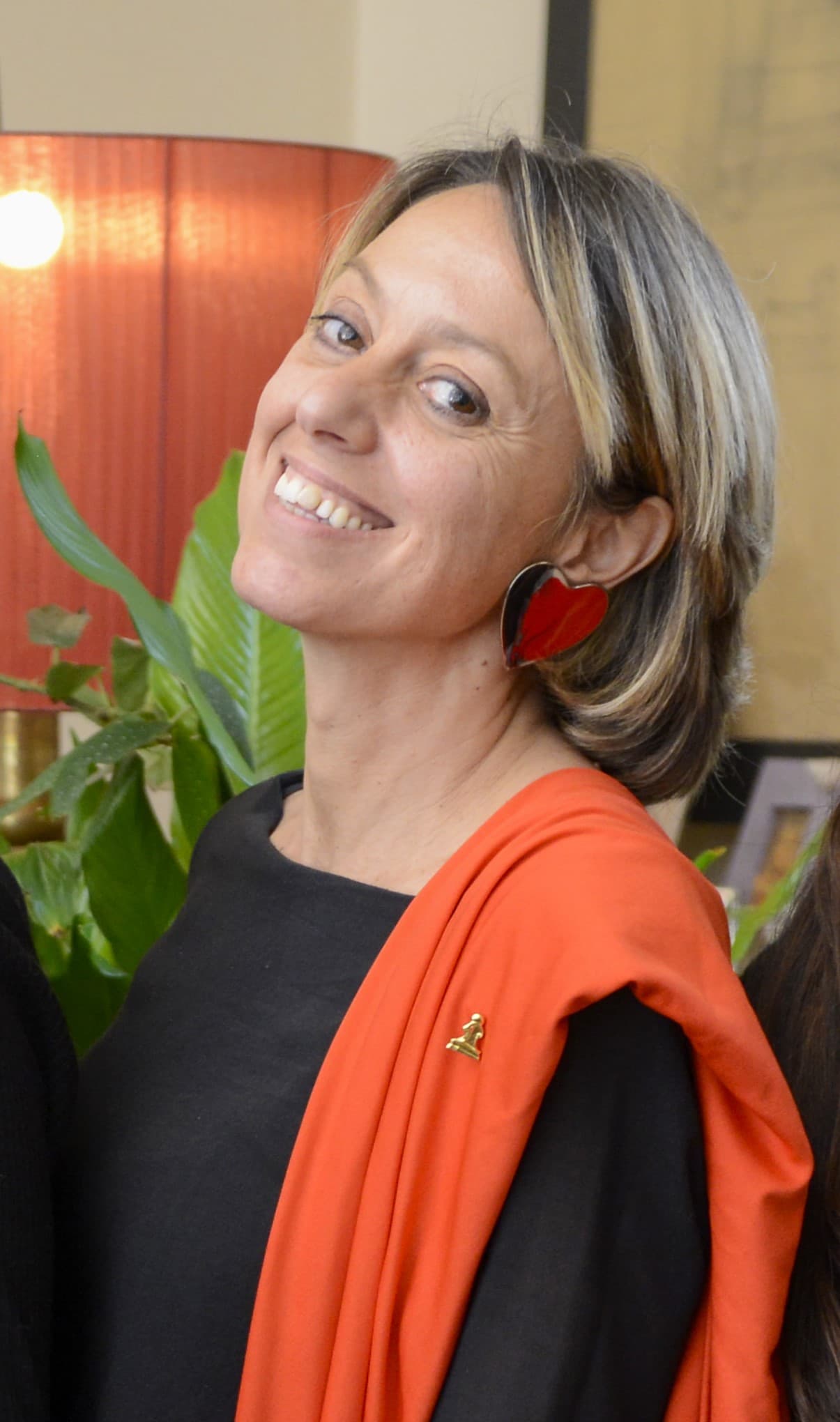
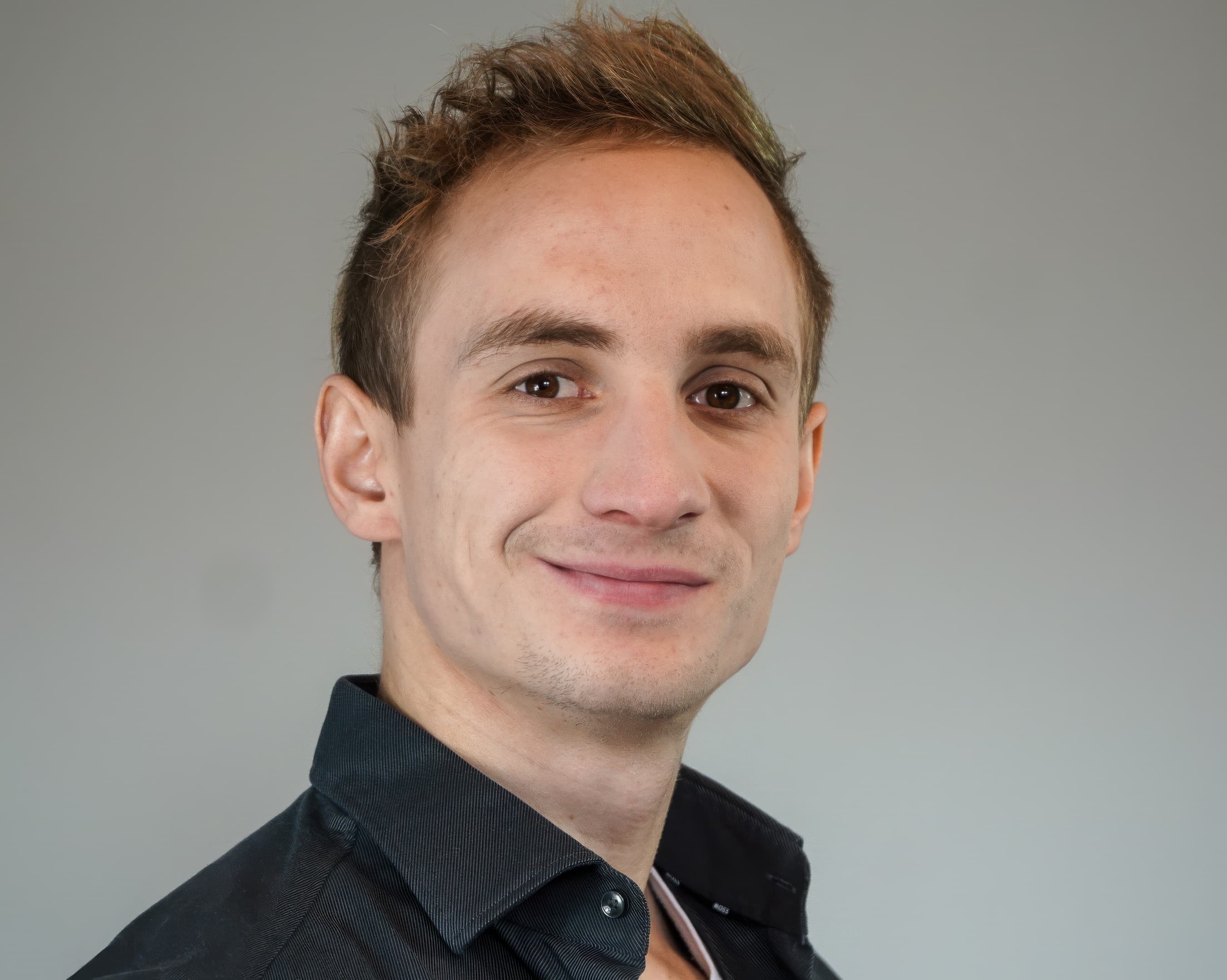
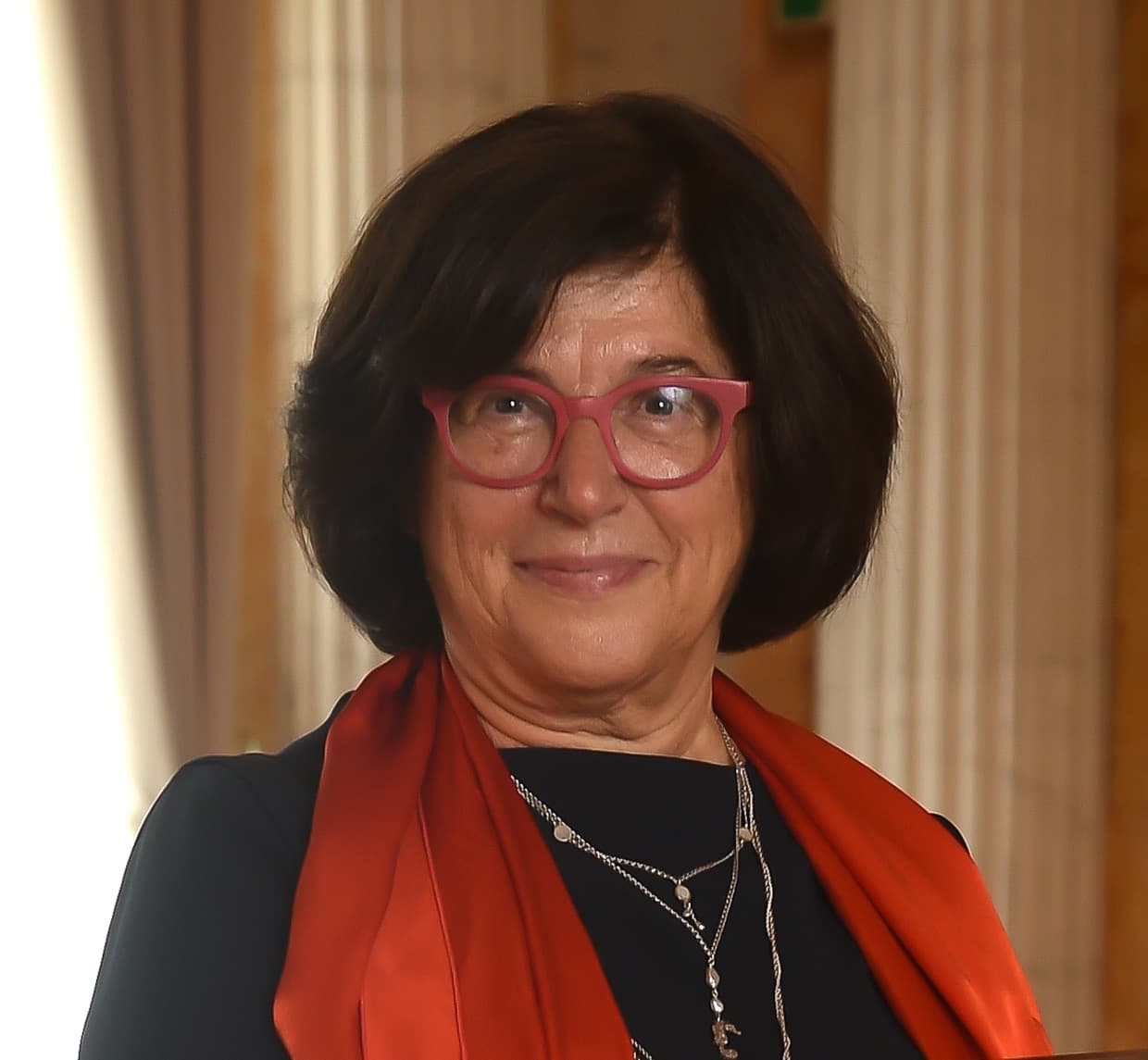




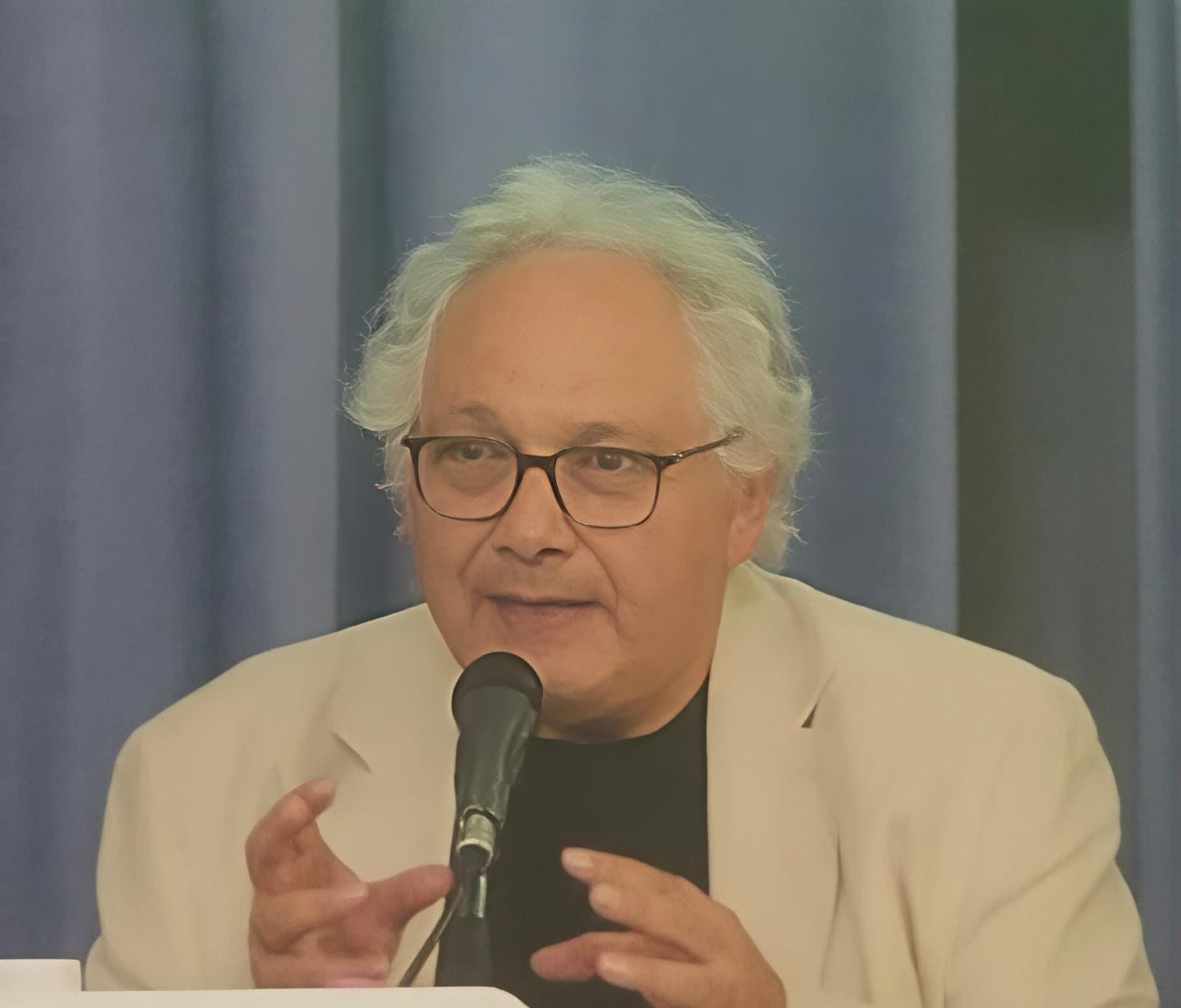

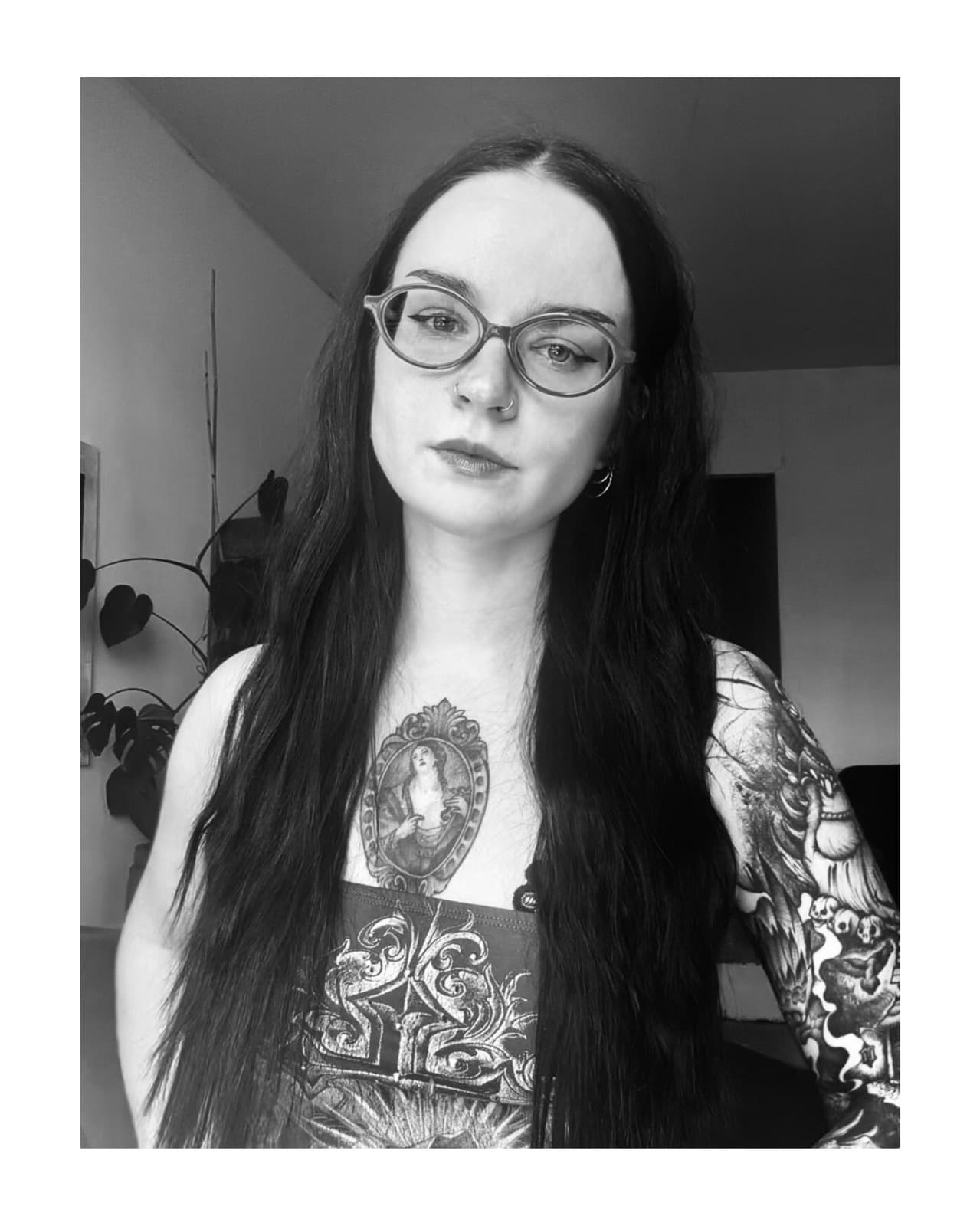

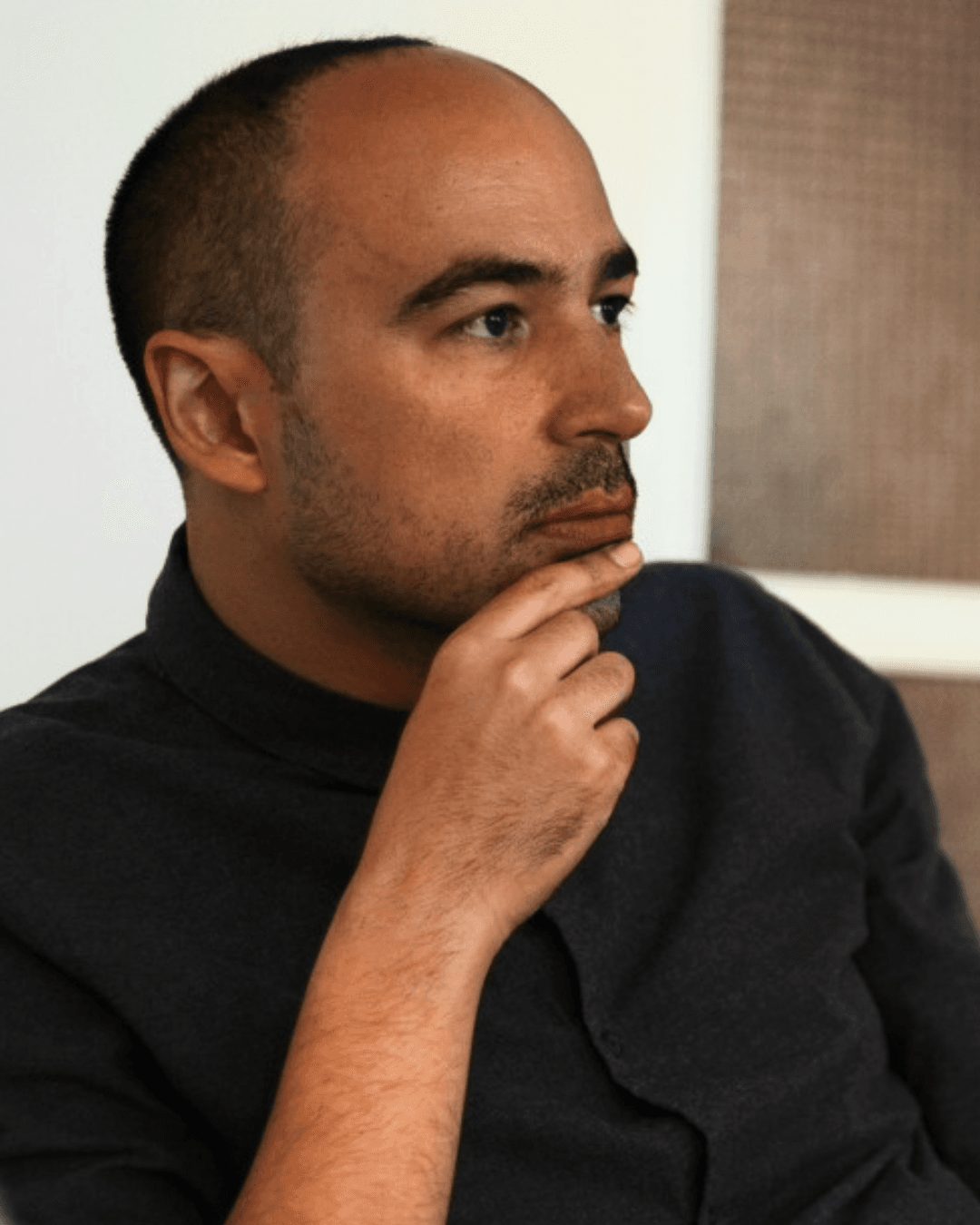

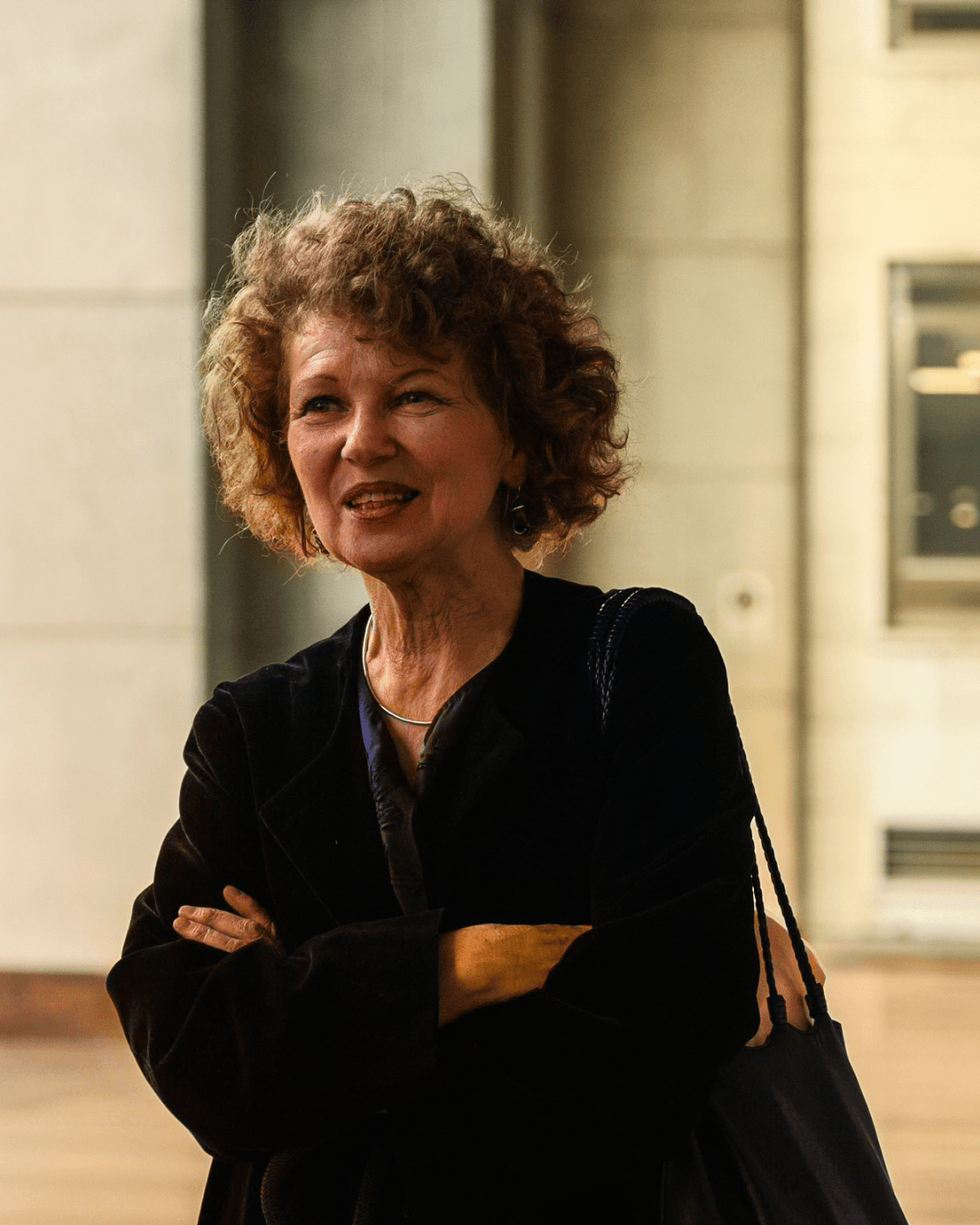
.png&w=3840&q=75)
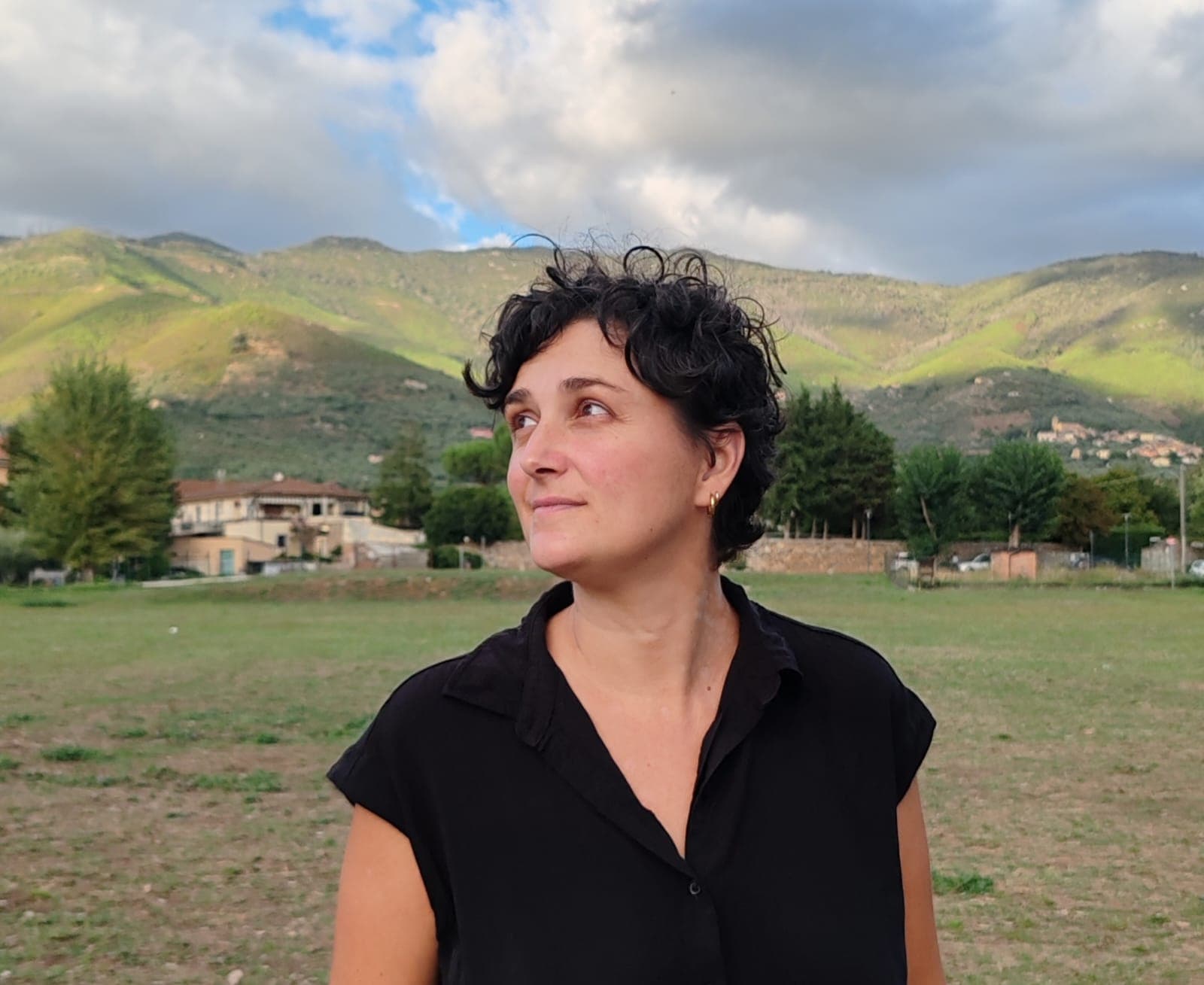
-1.jpg&w=3840&q=75)

